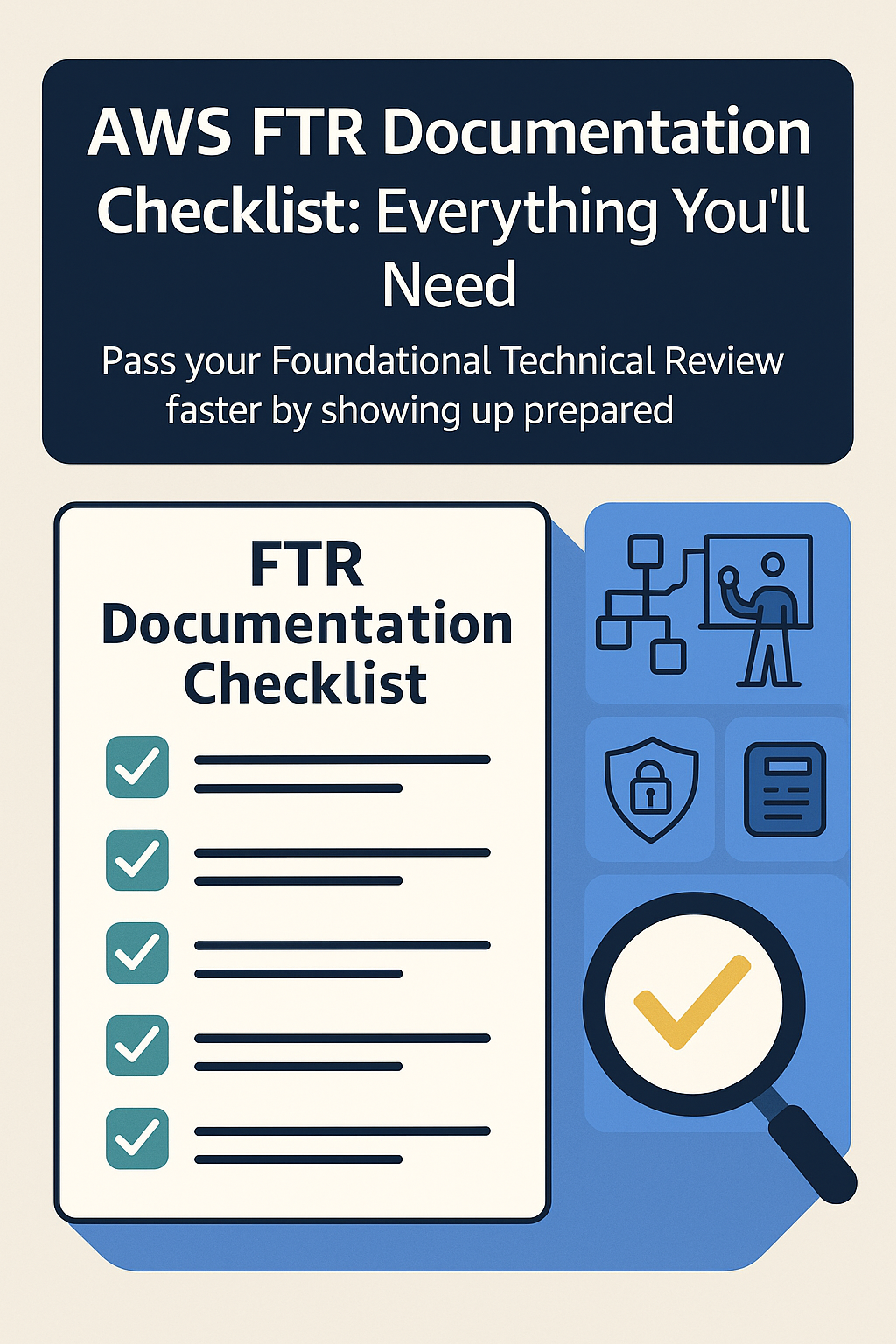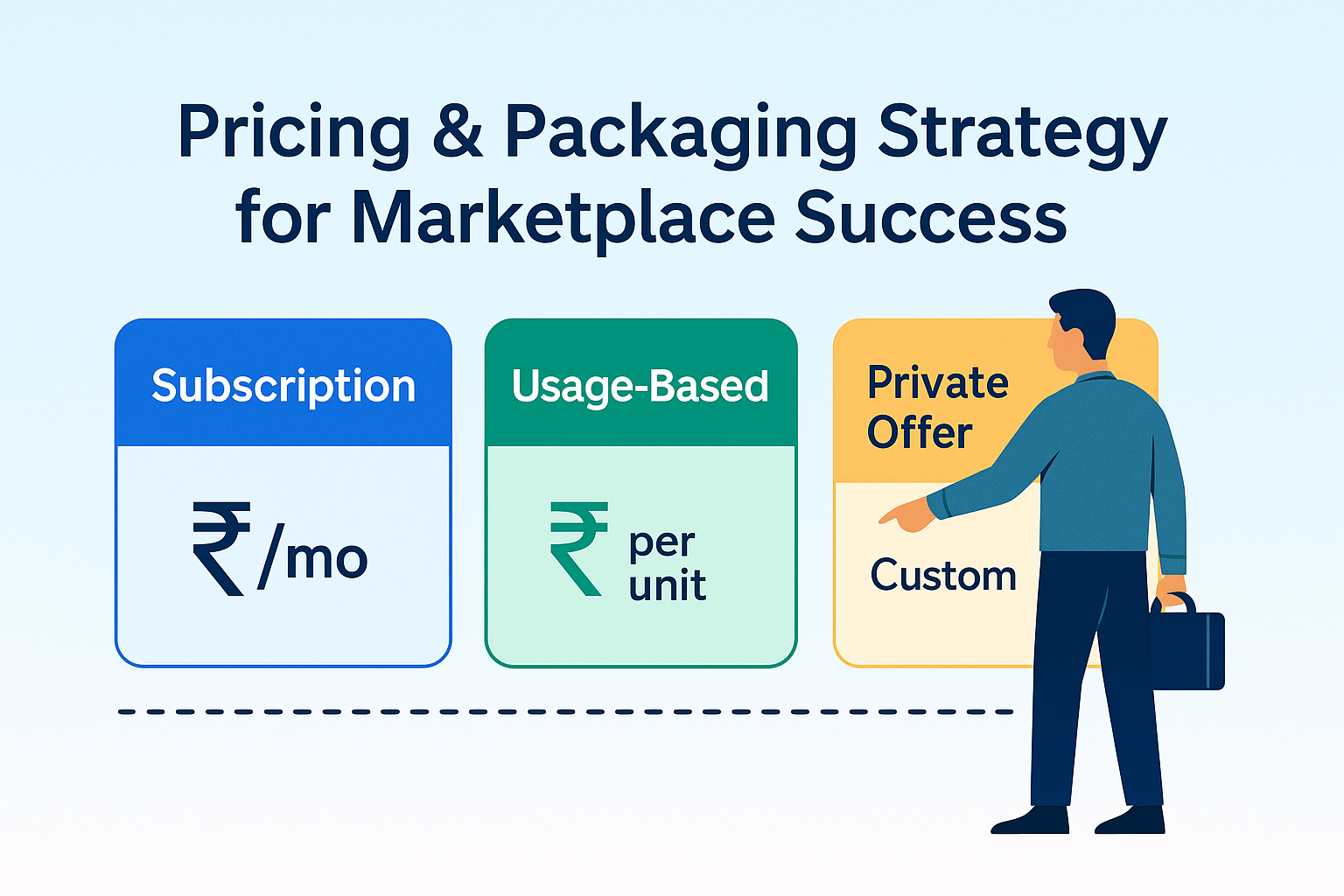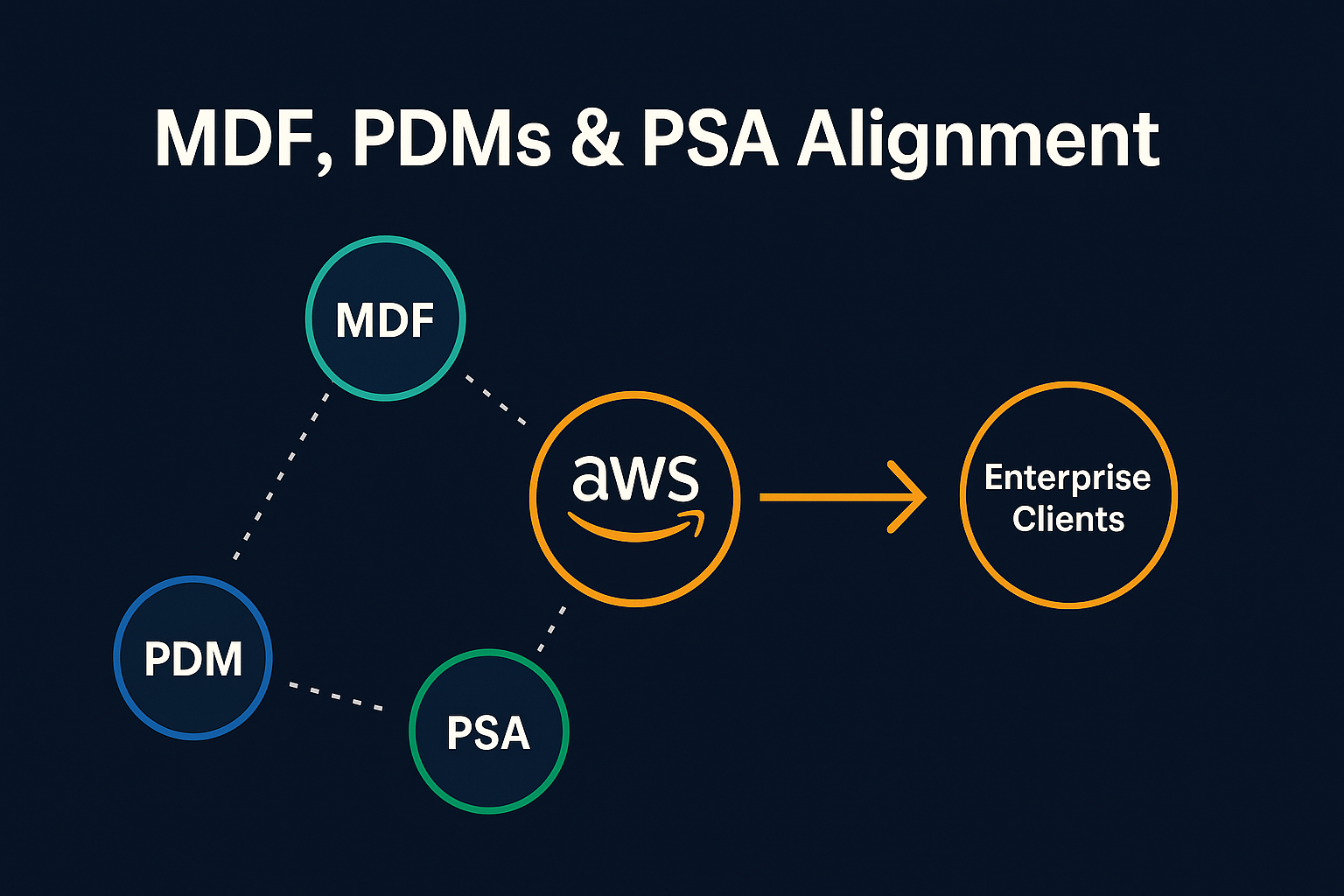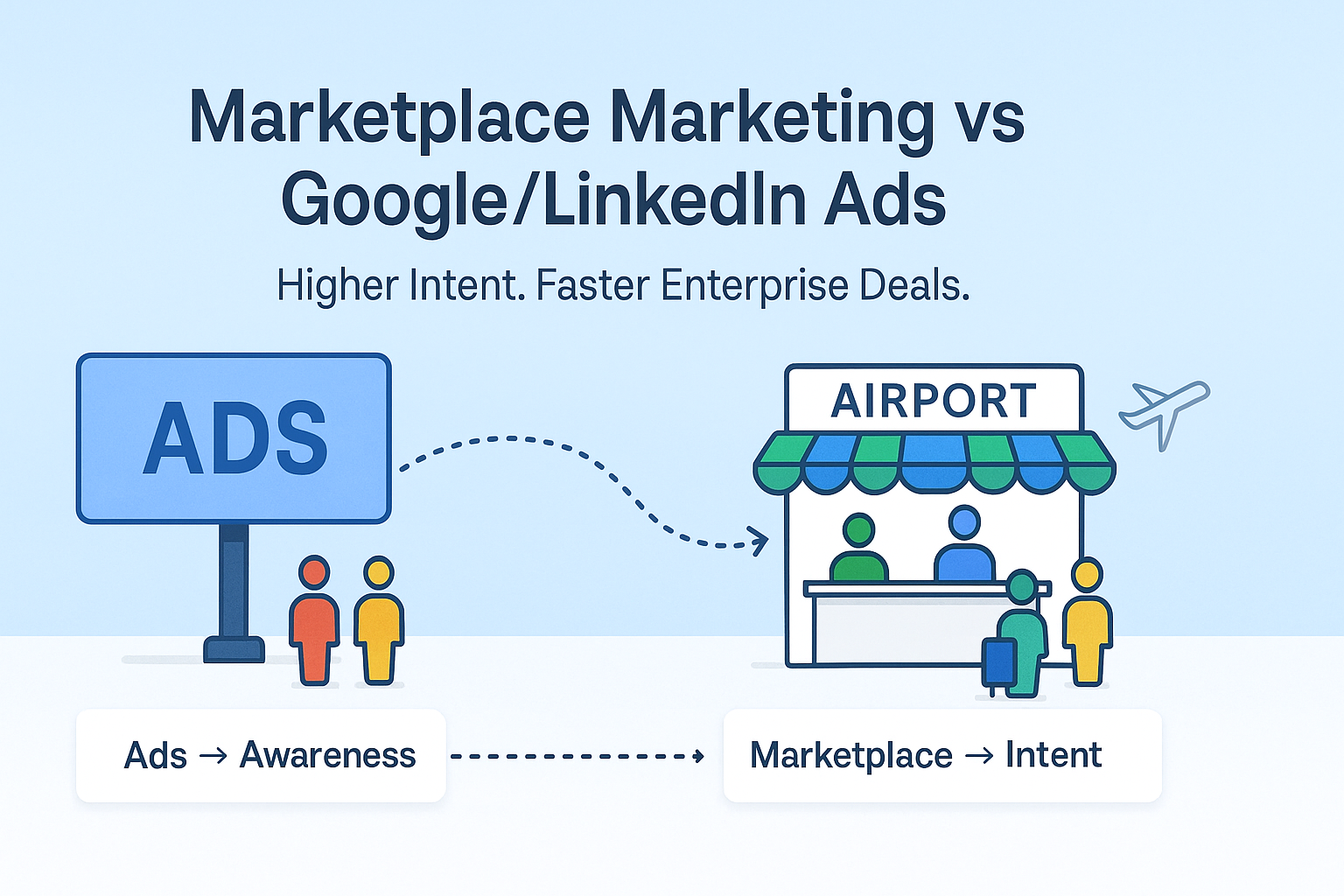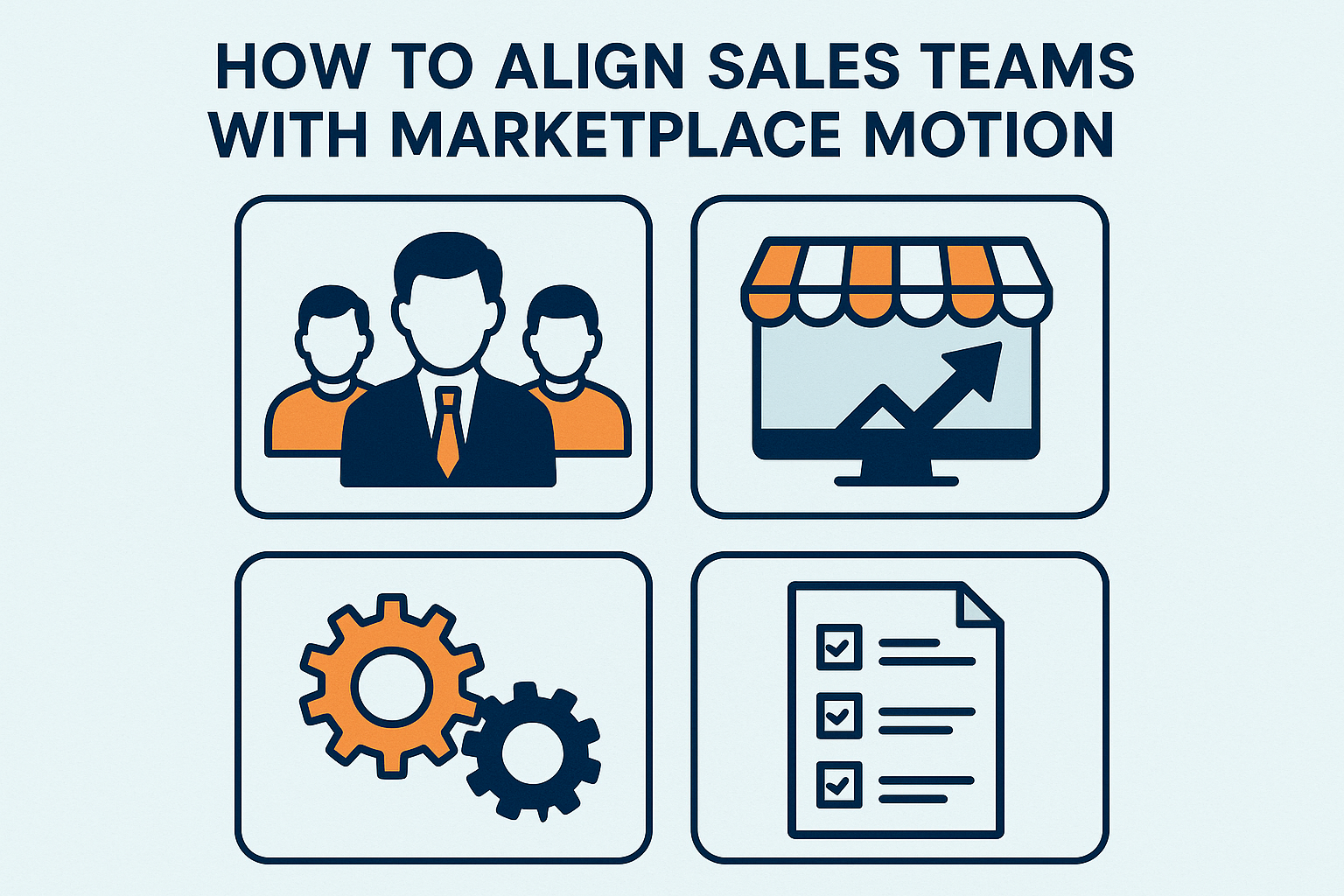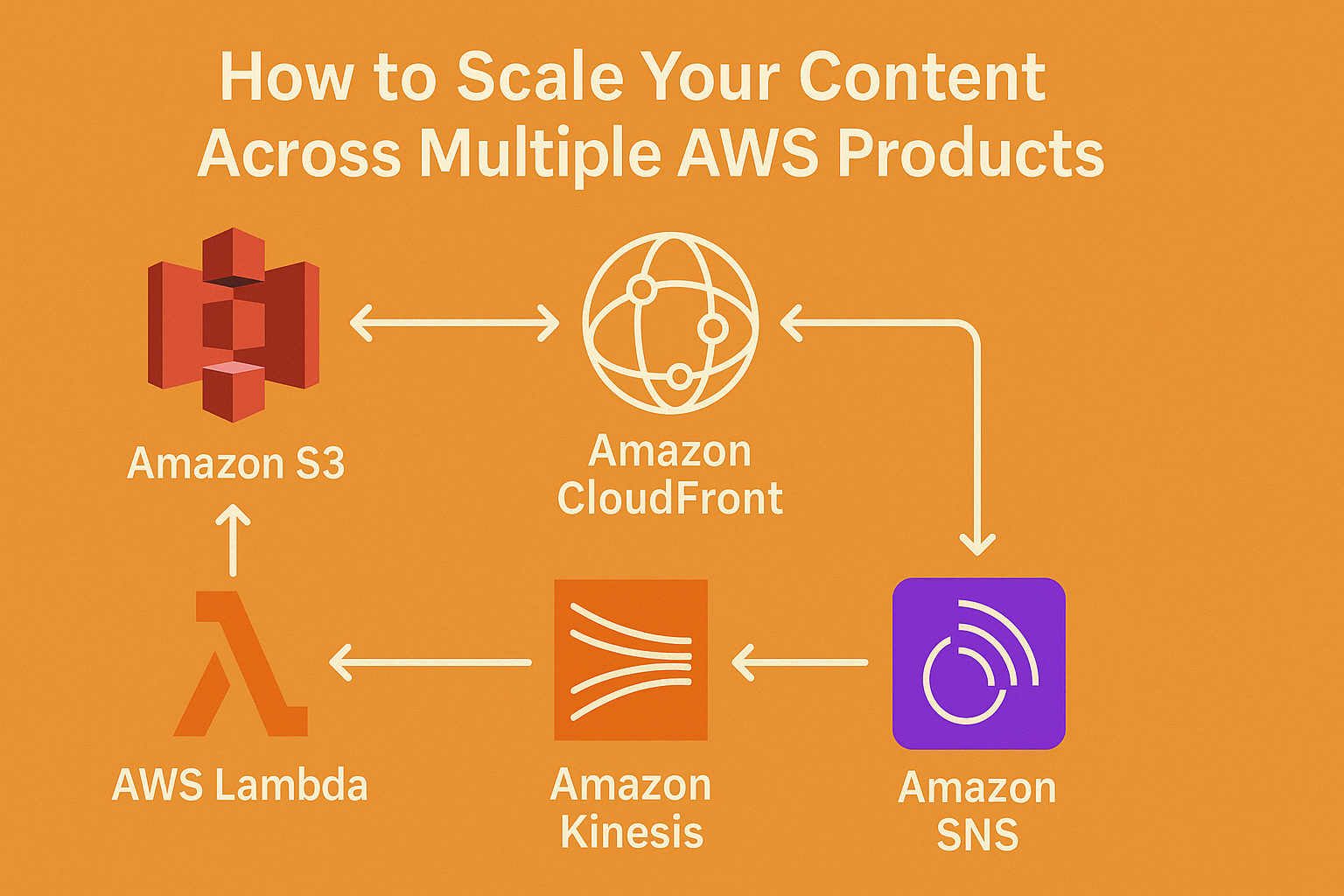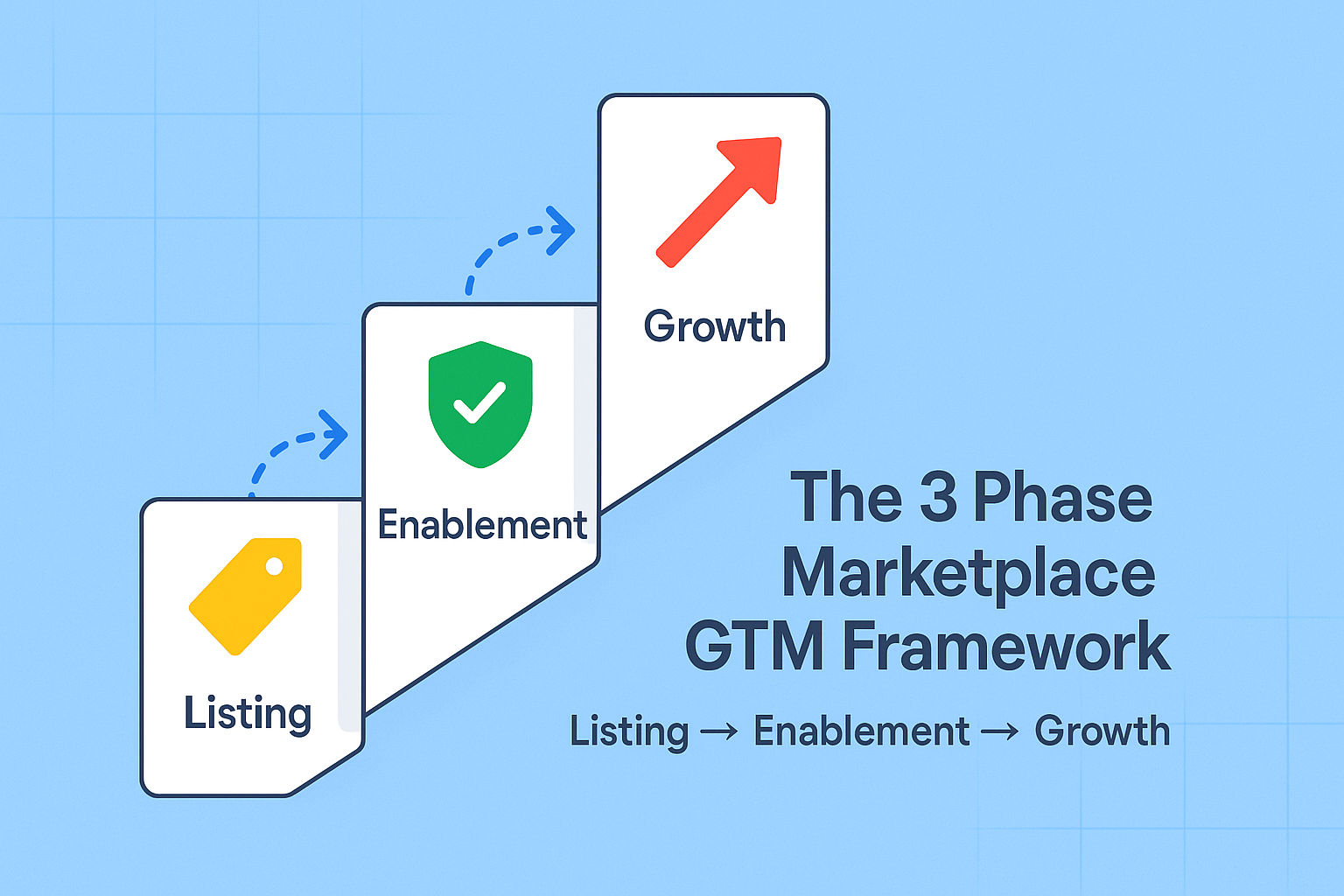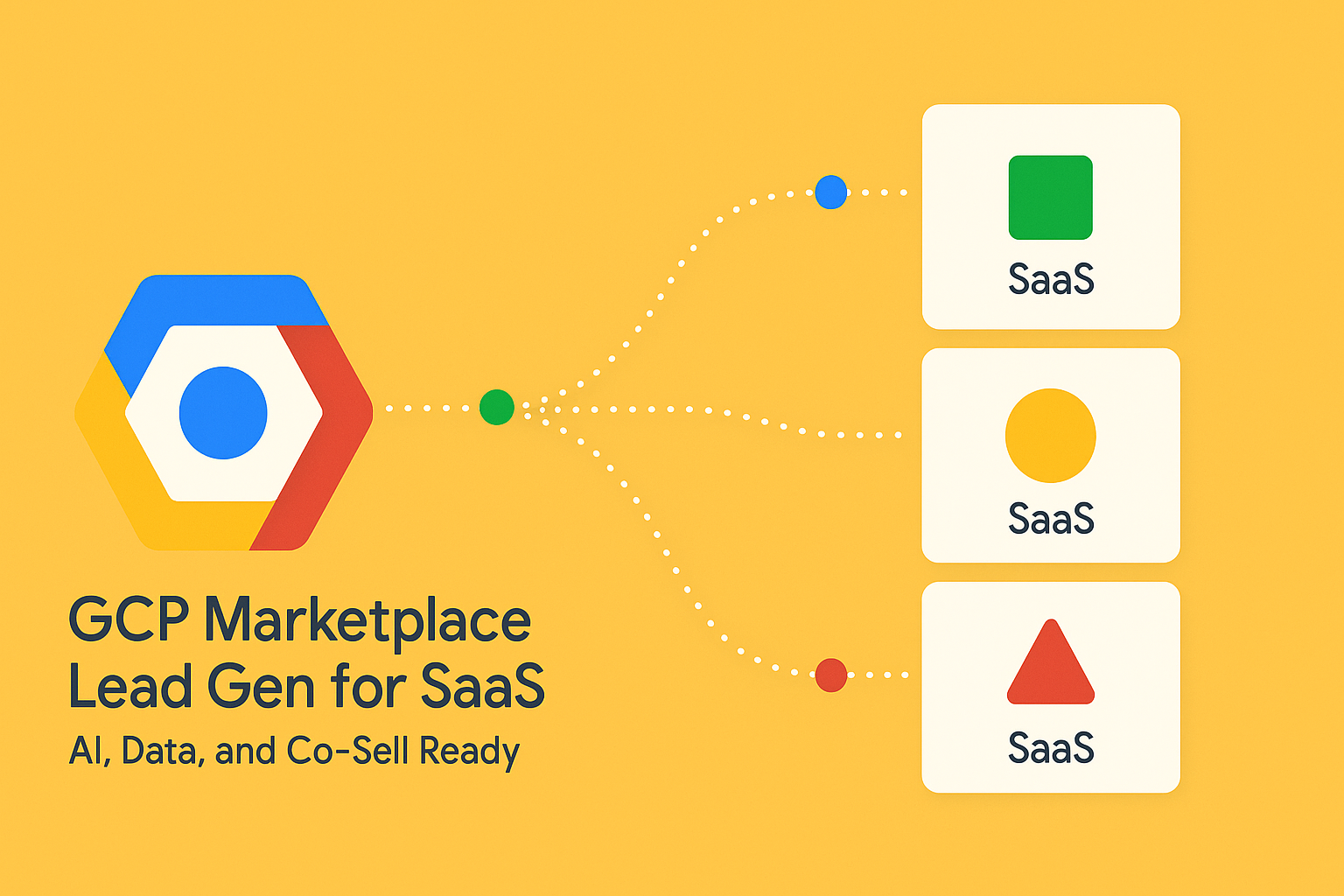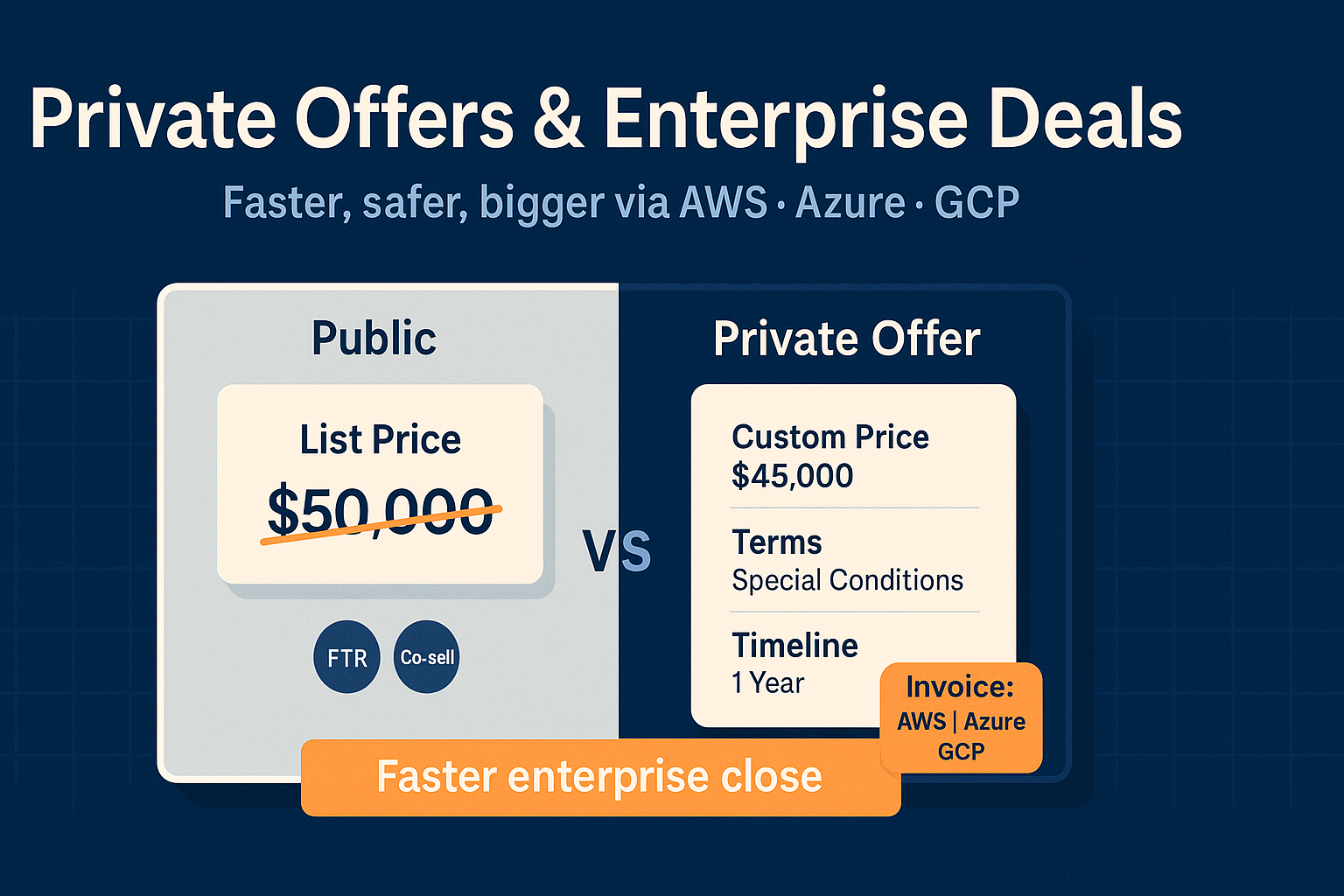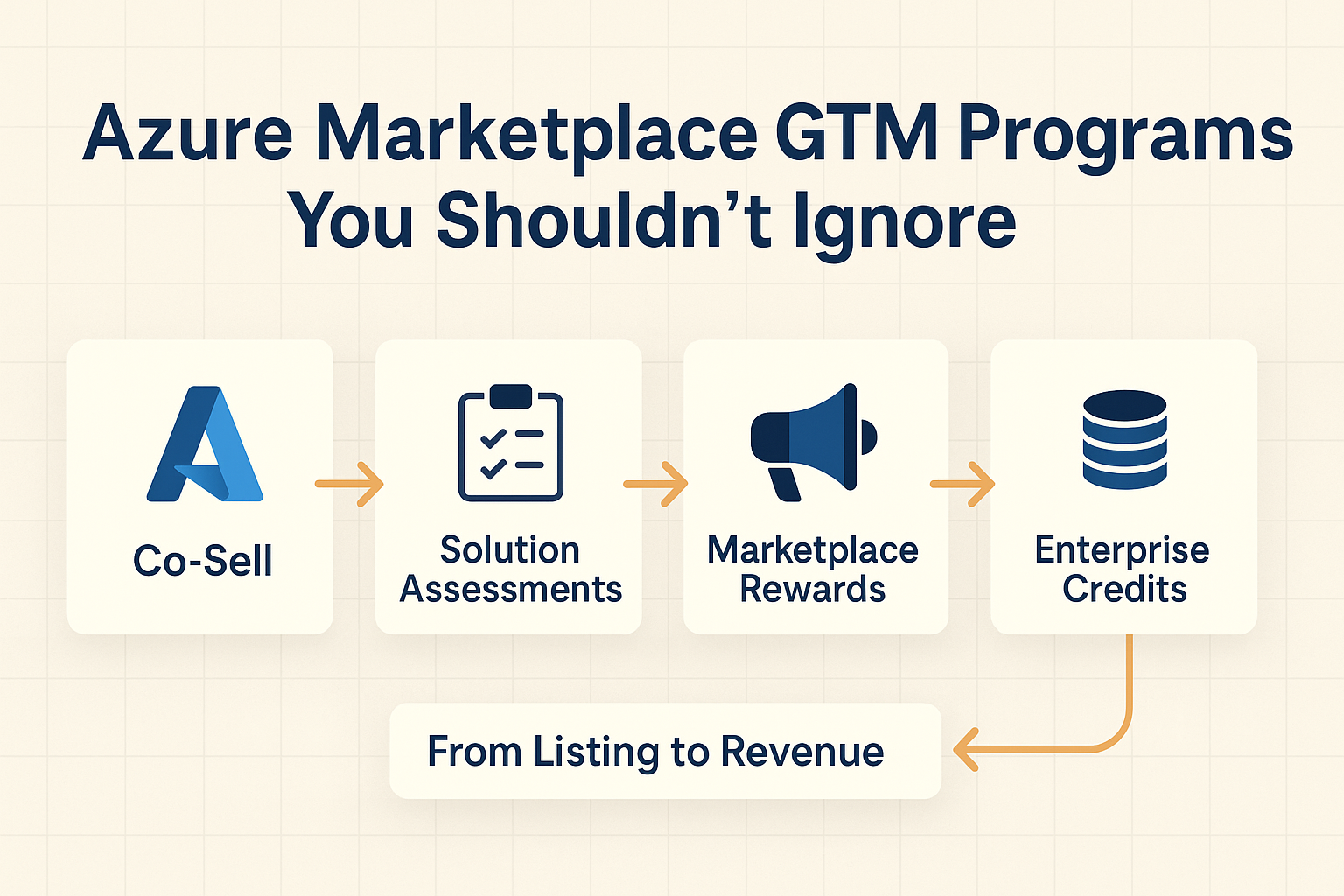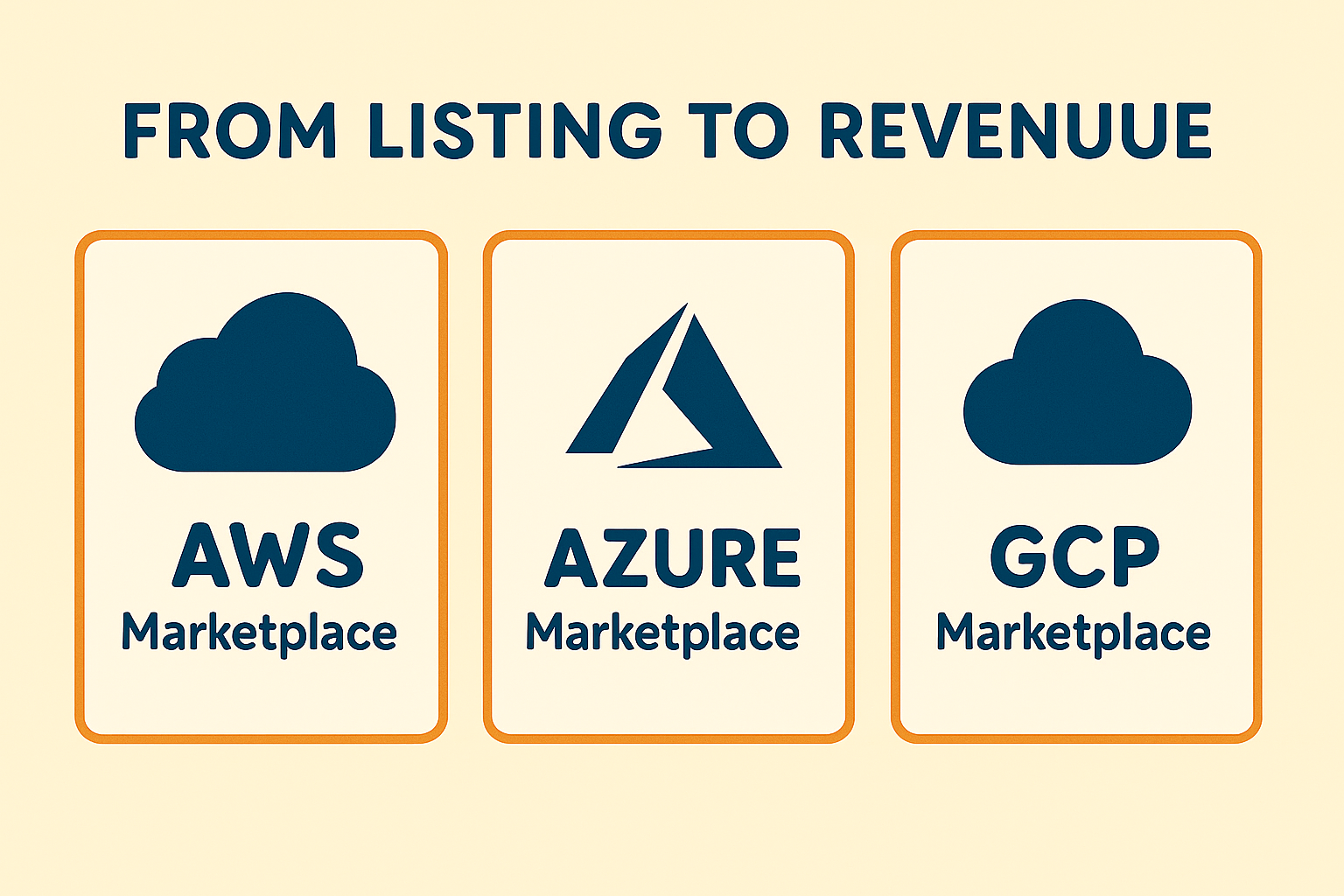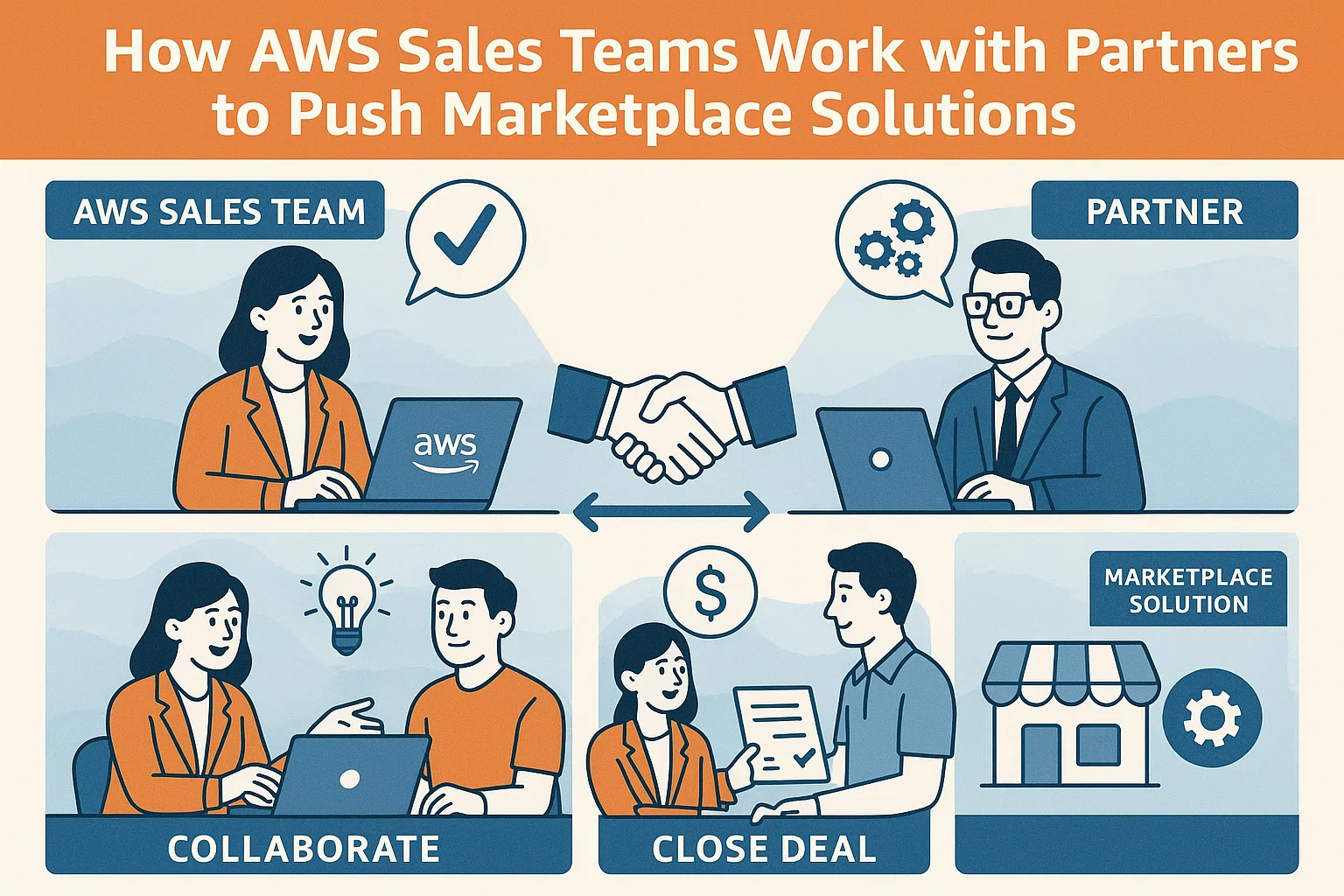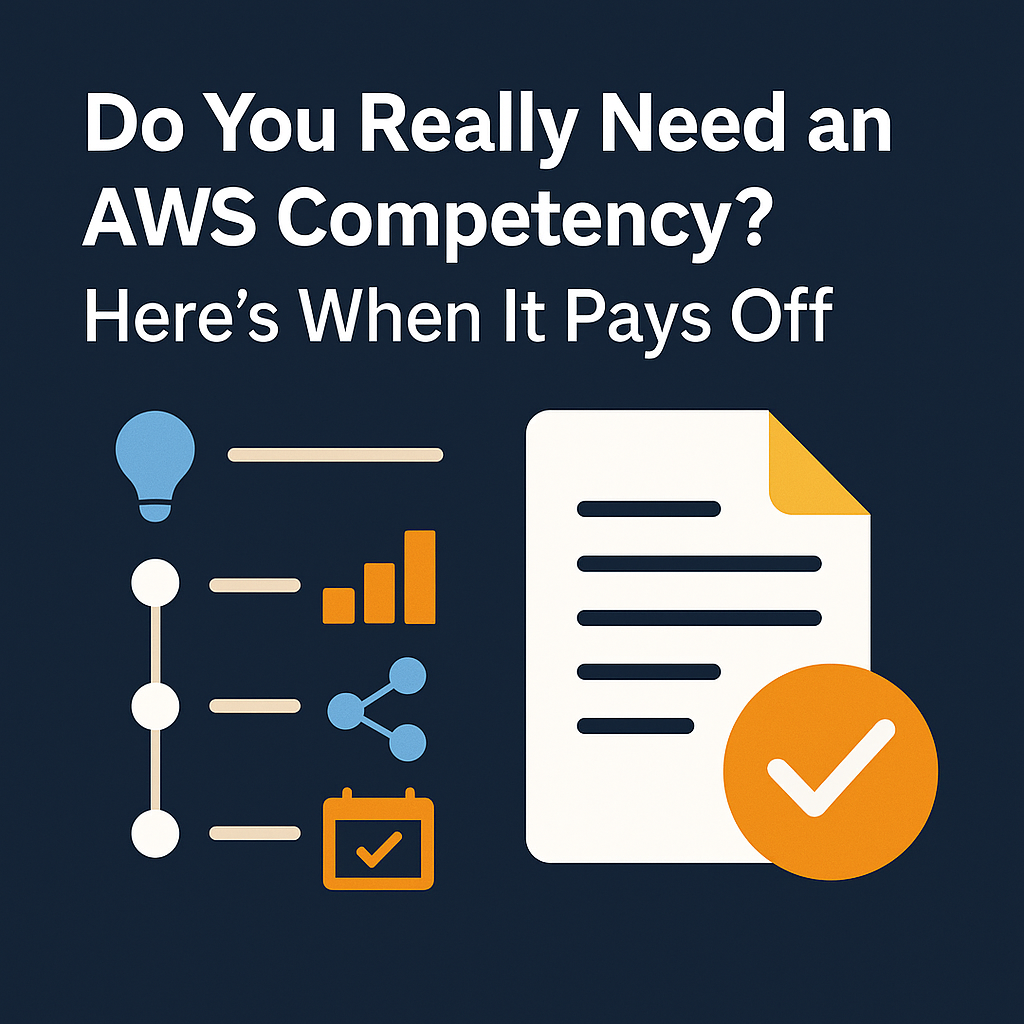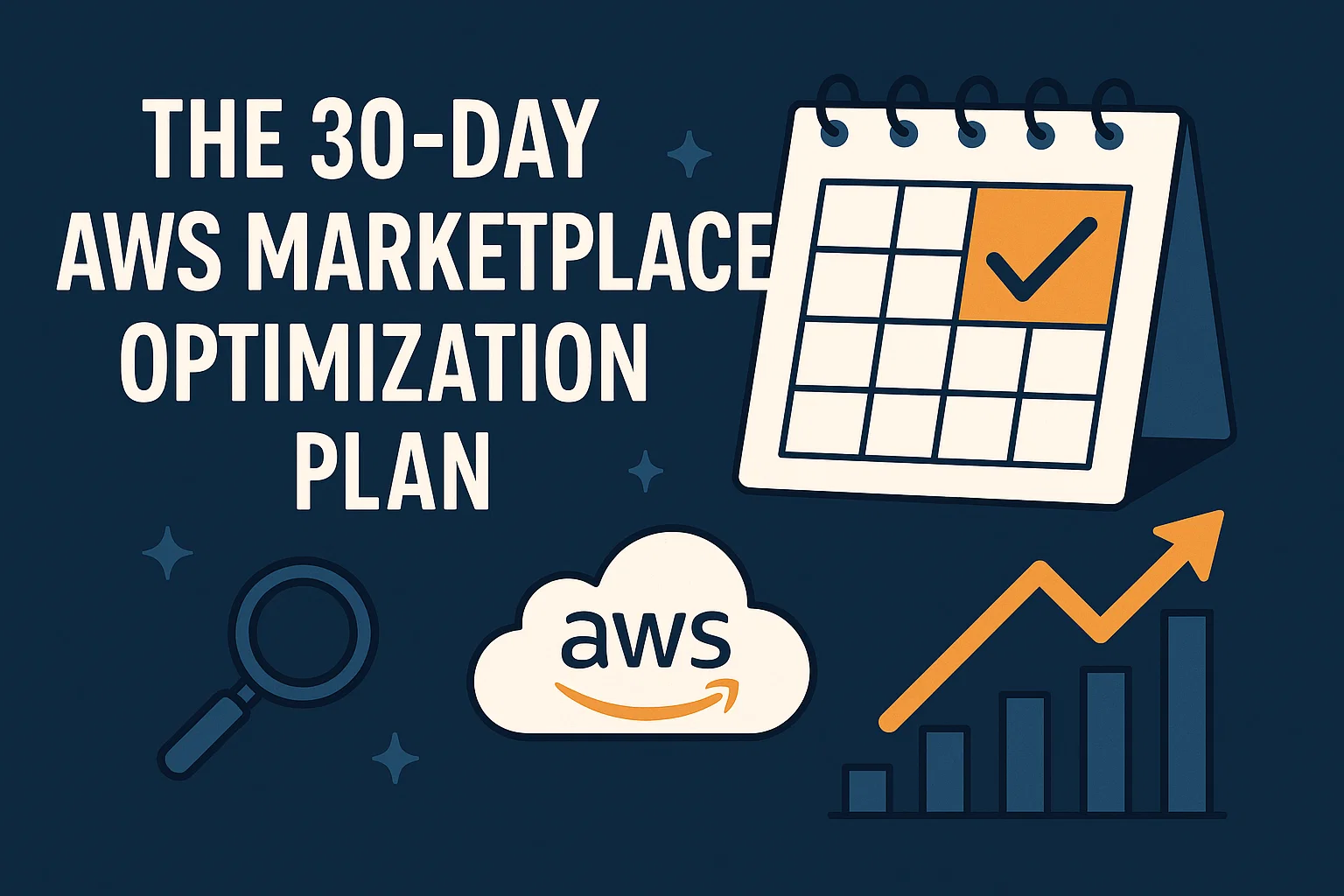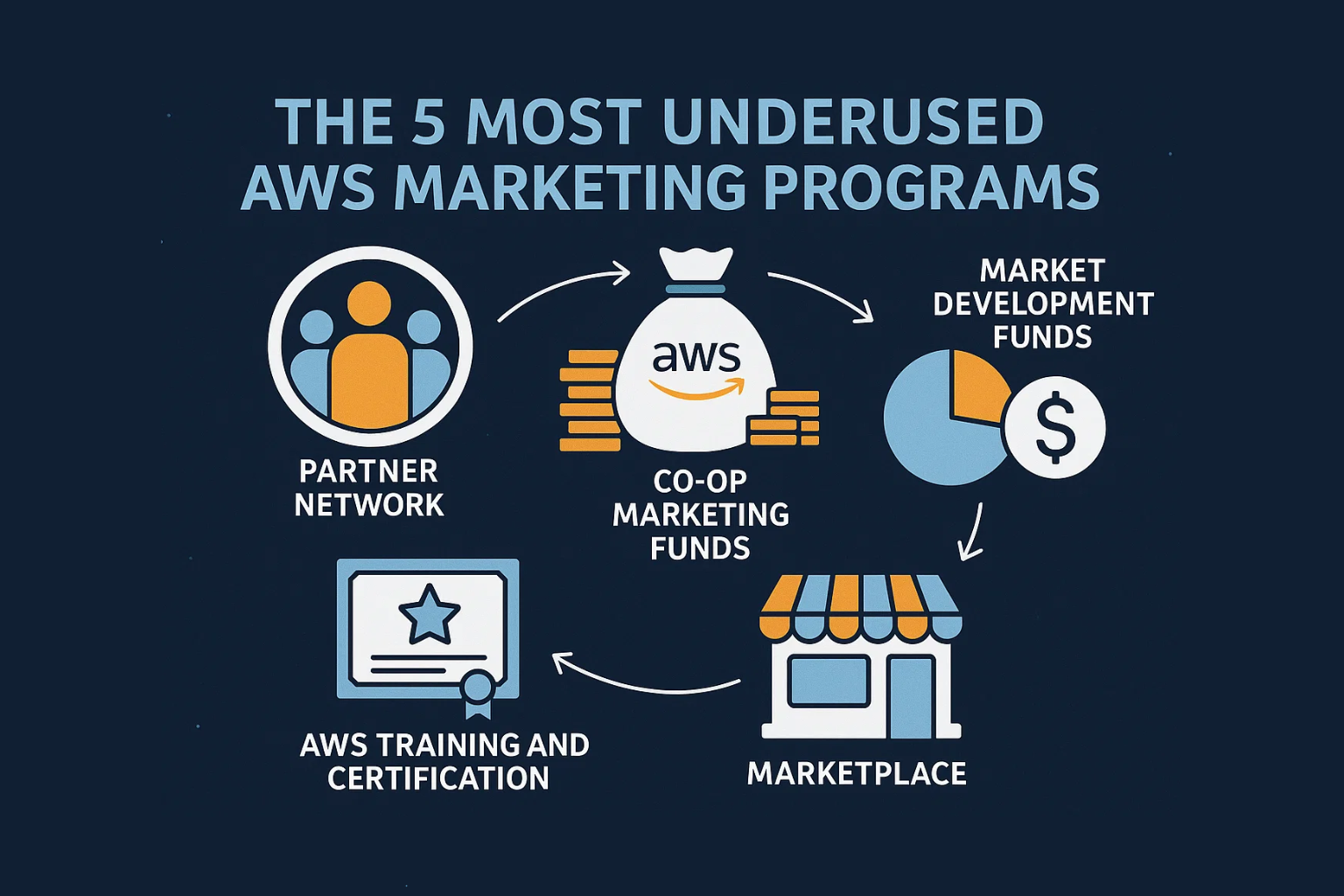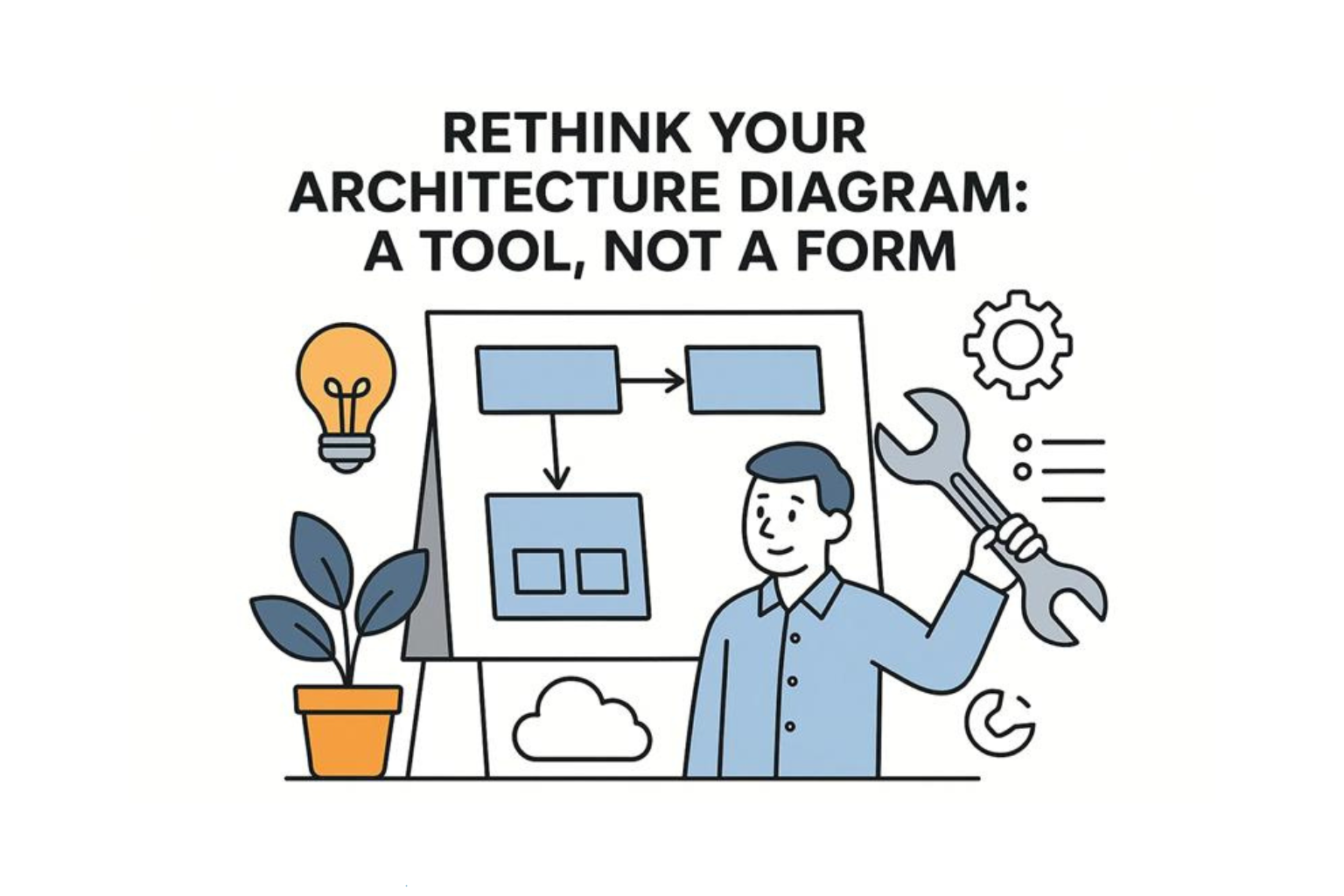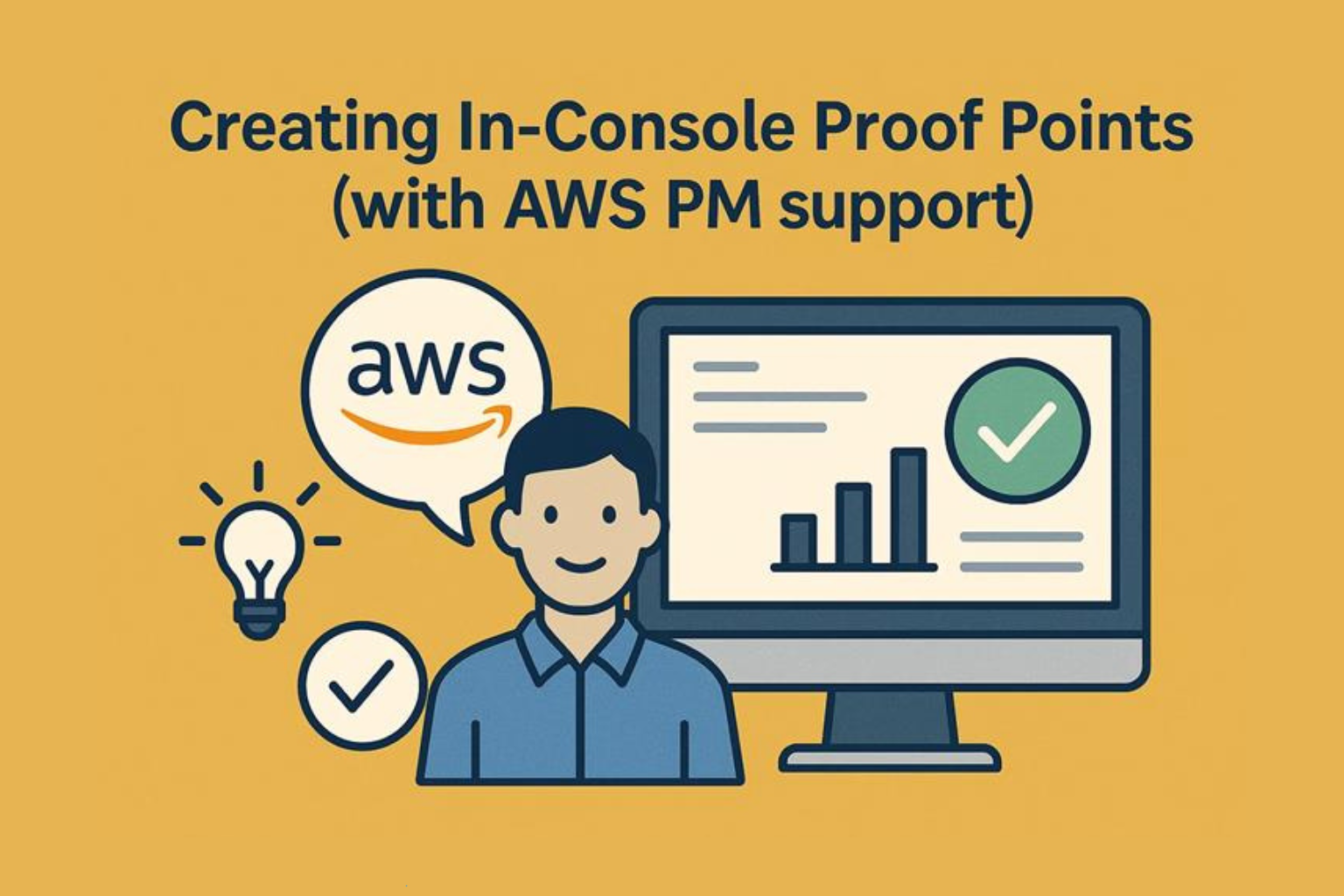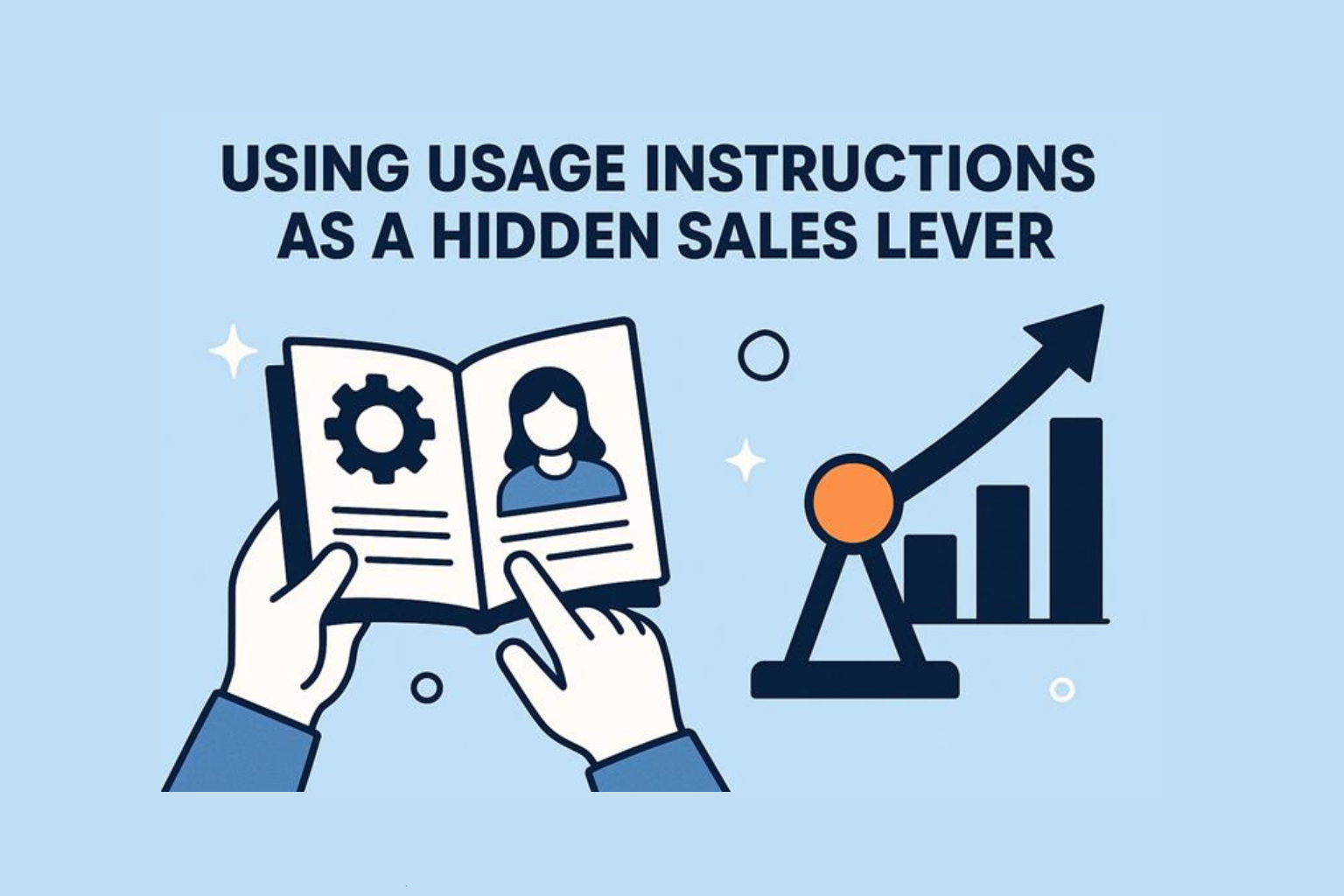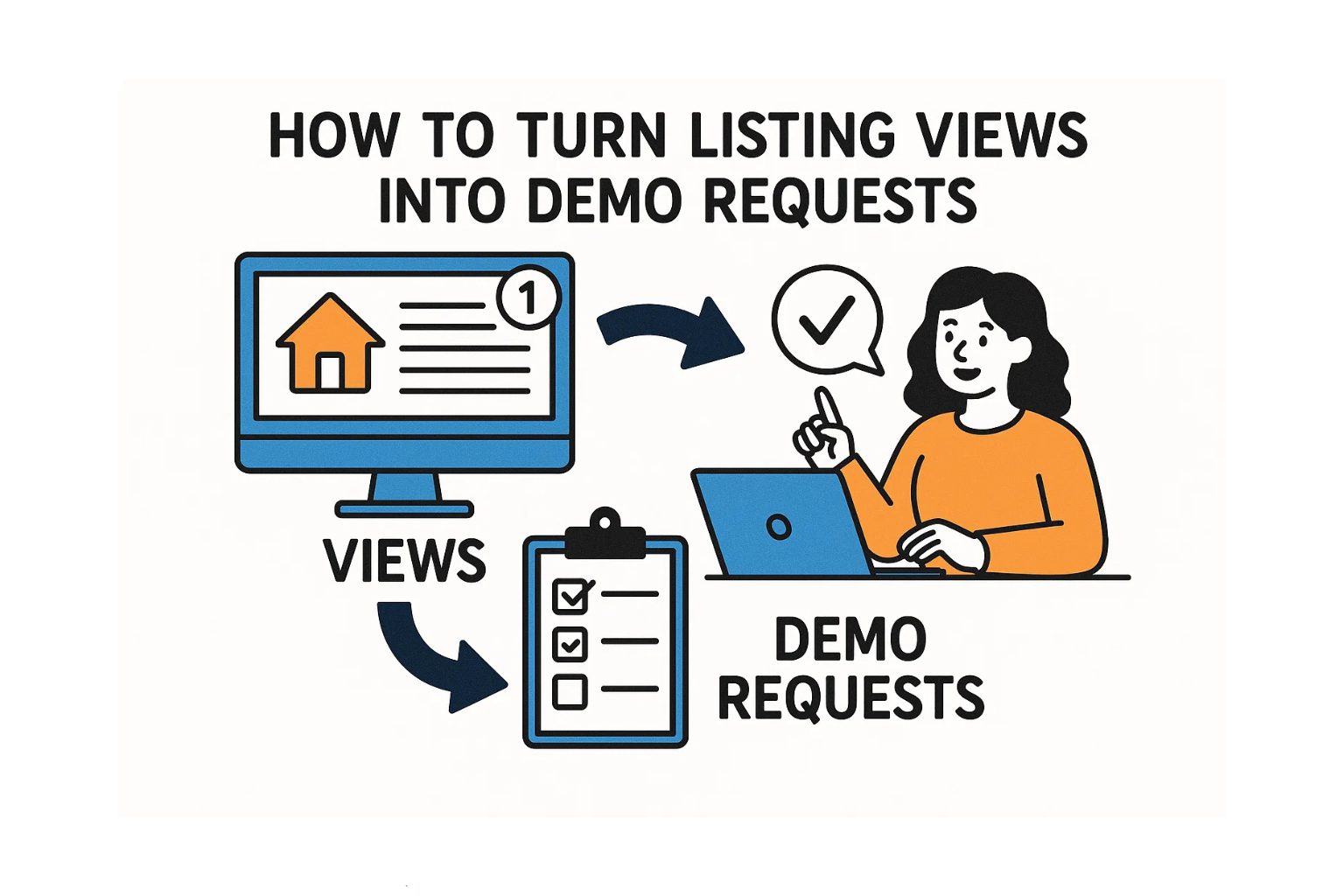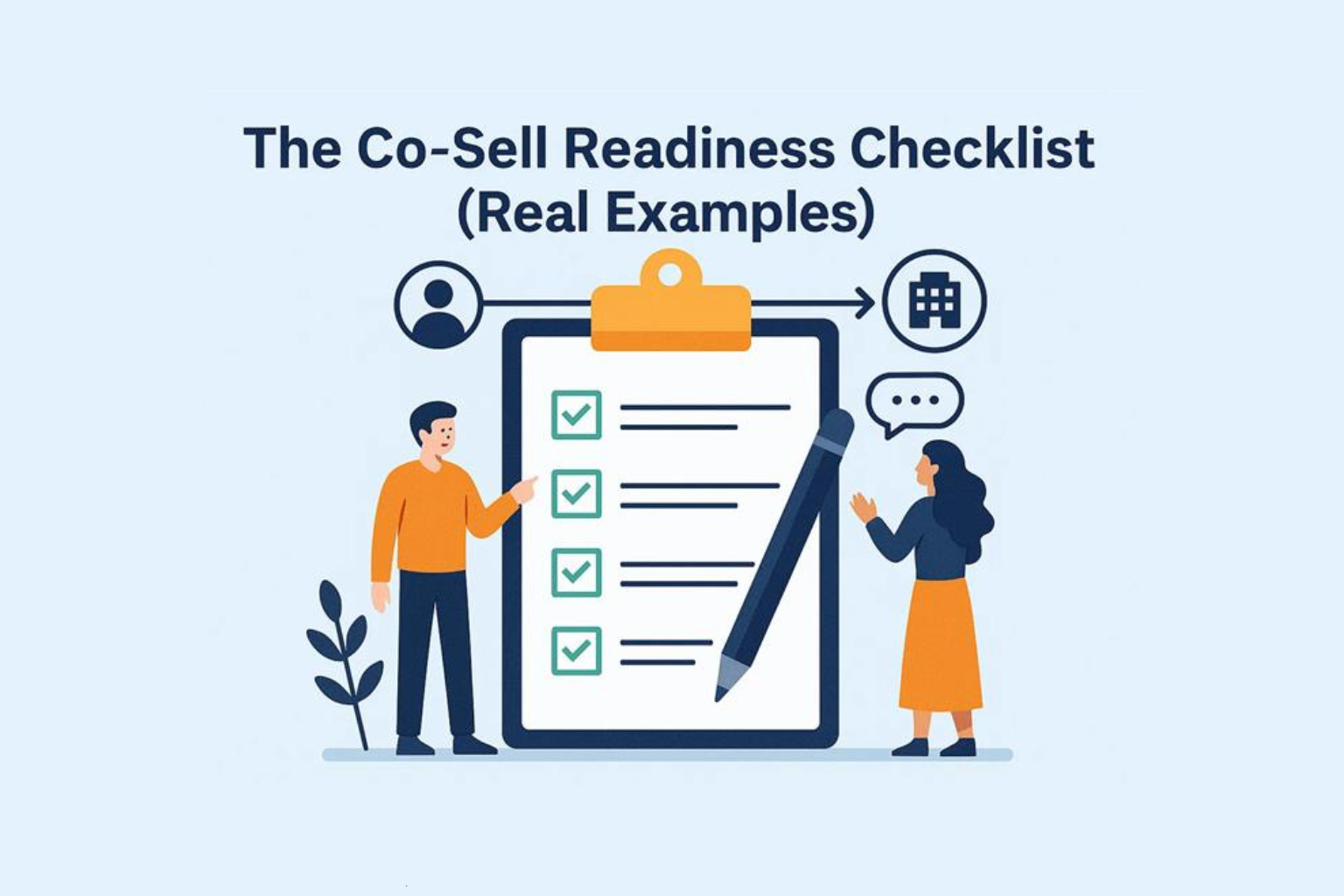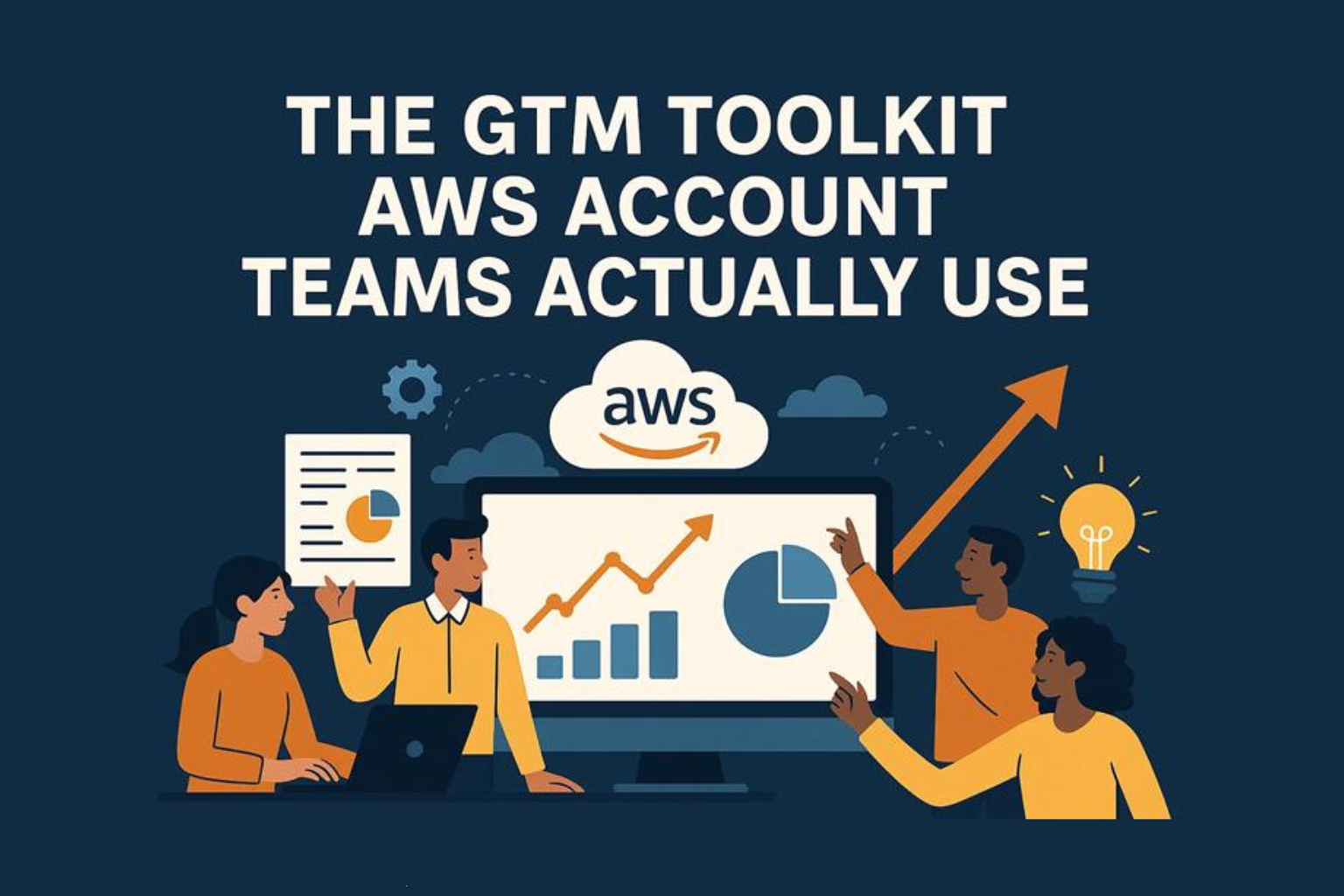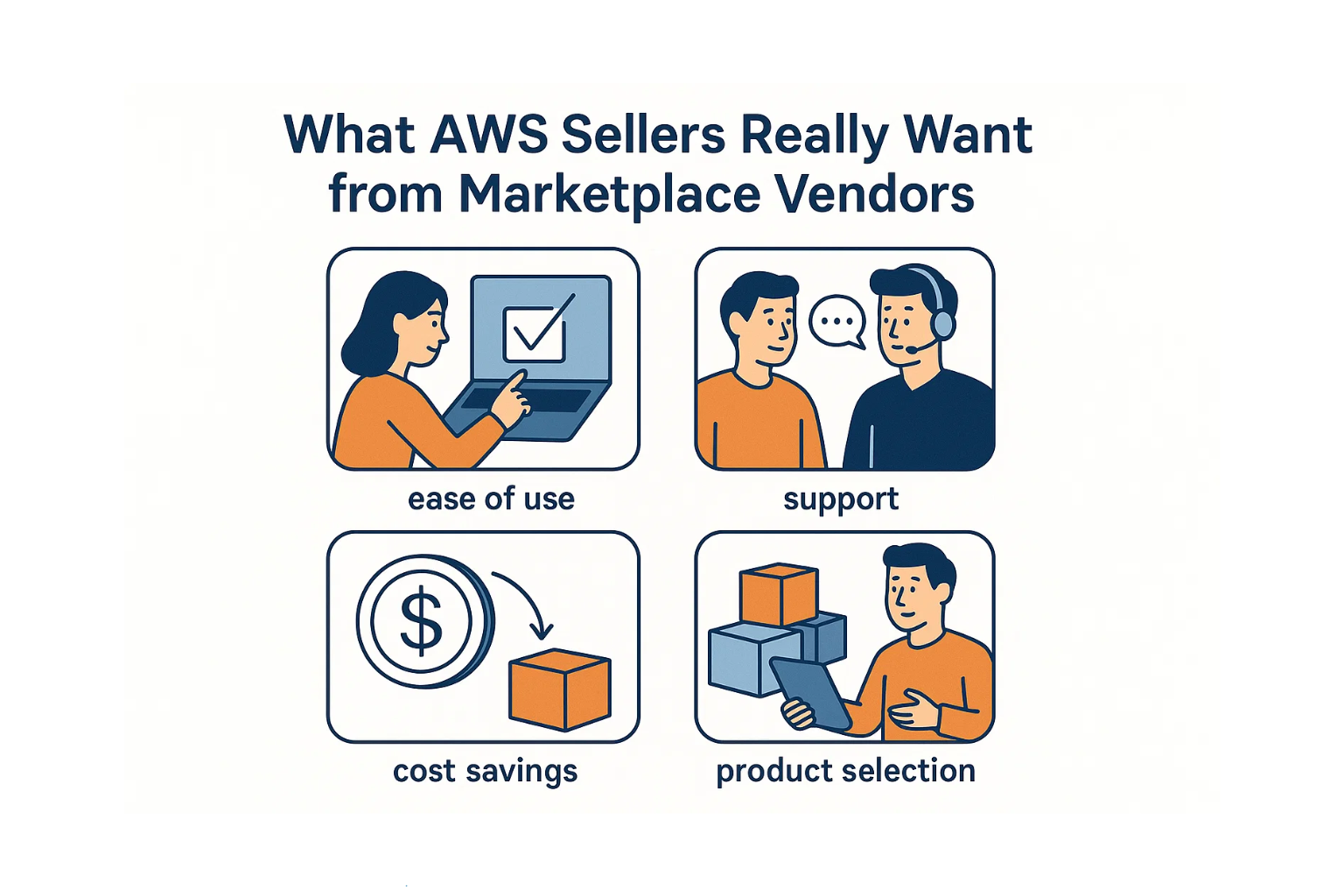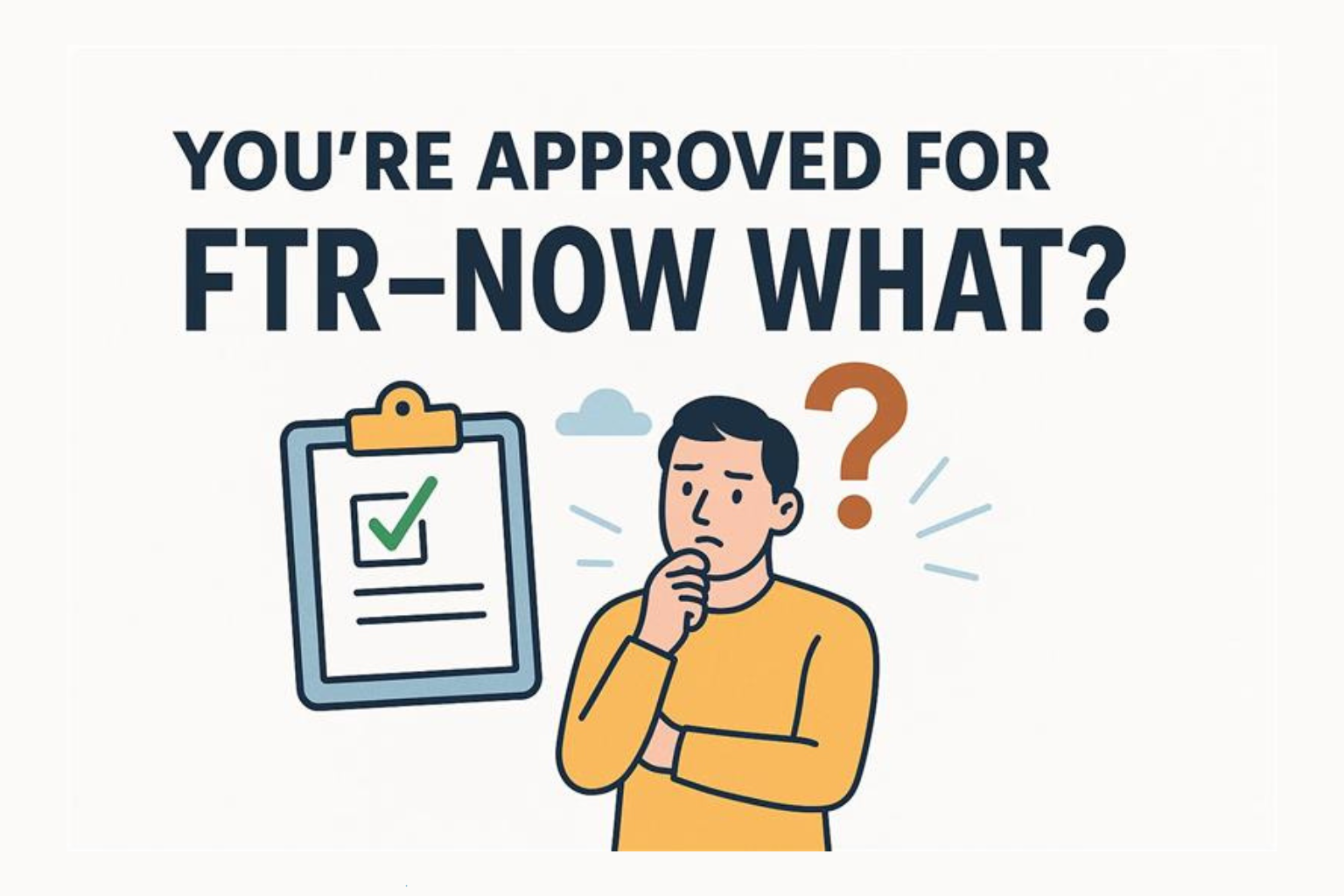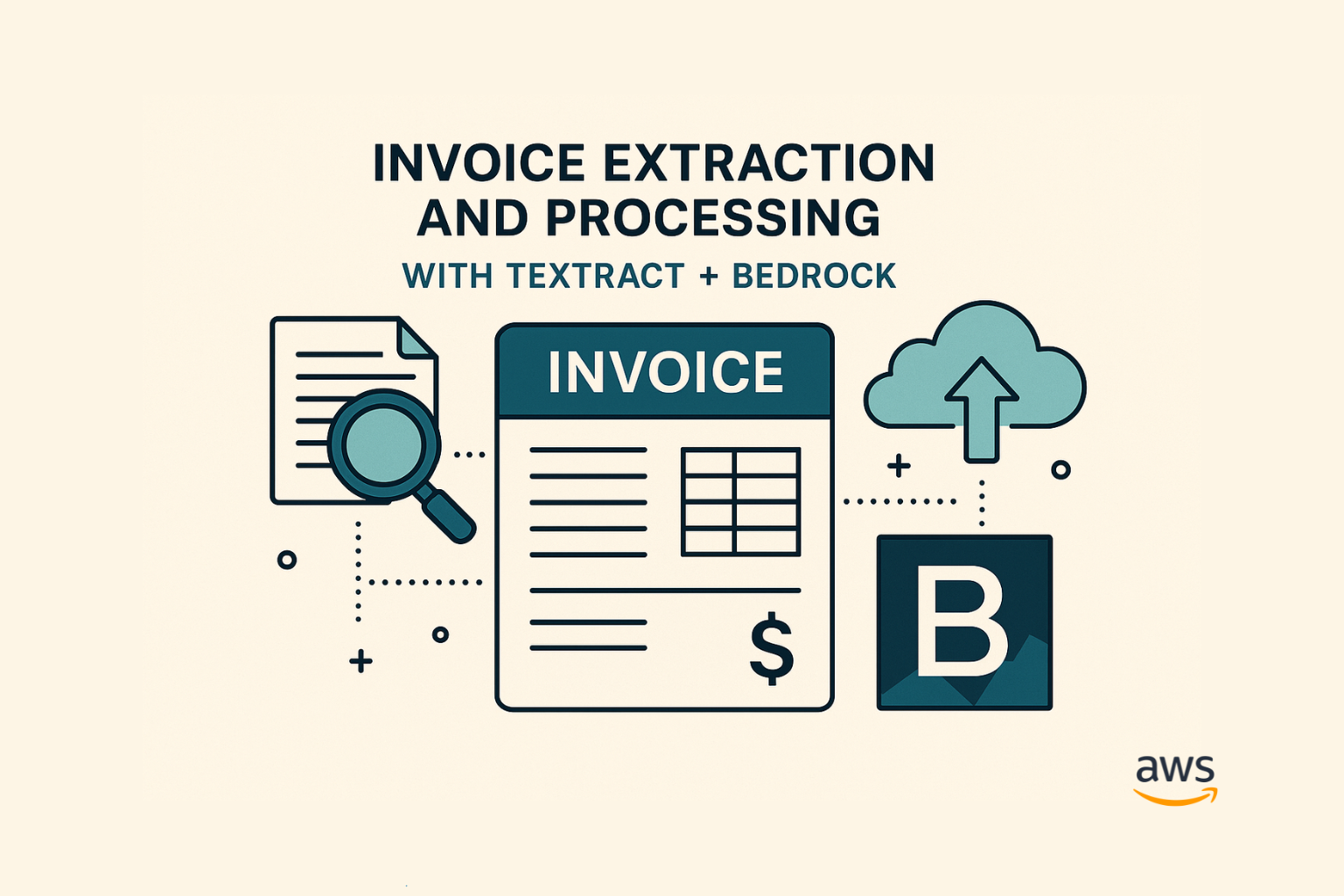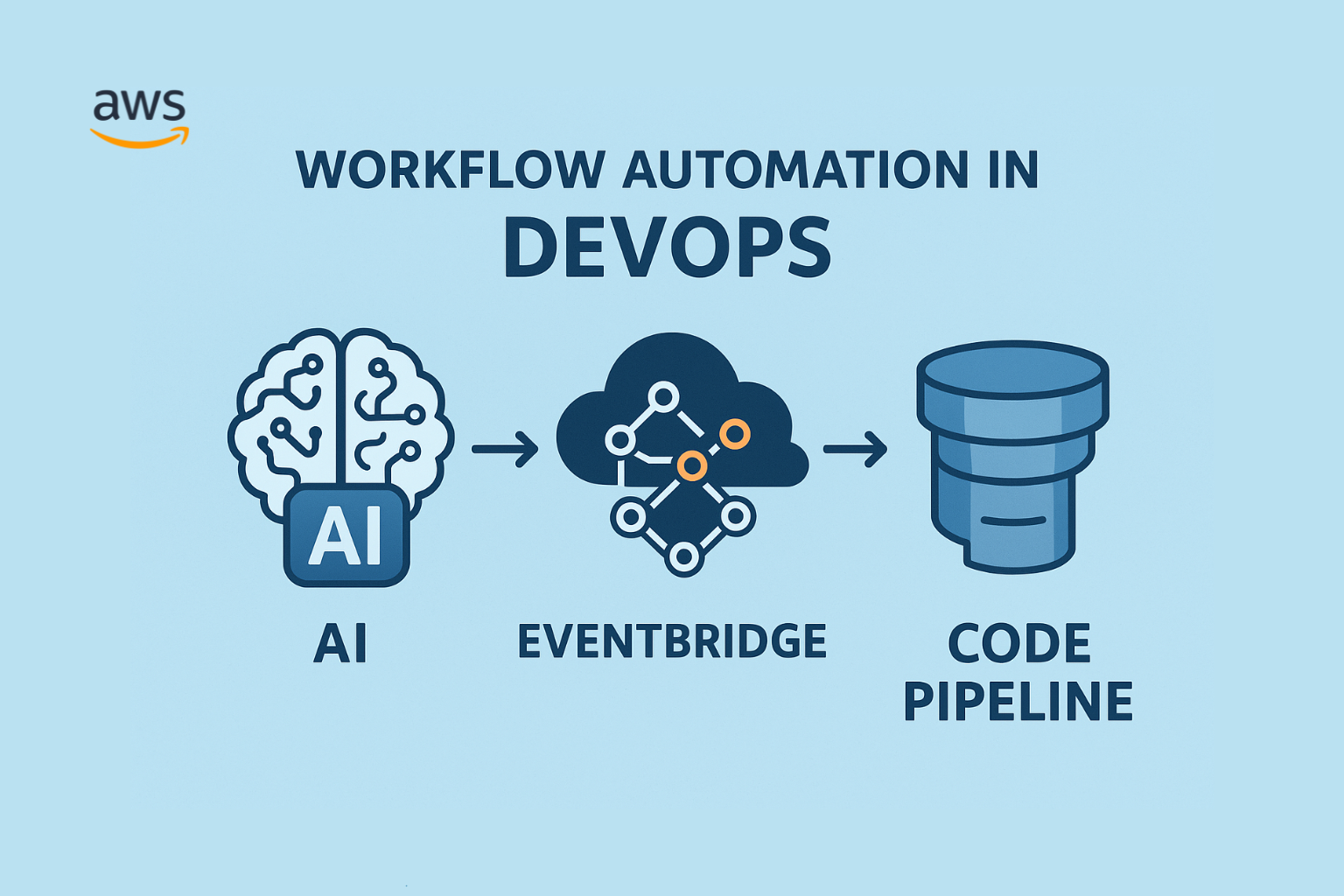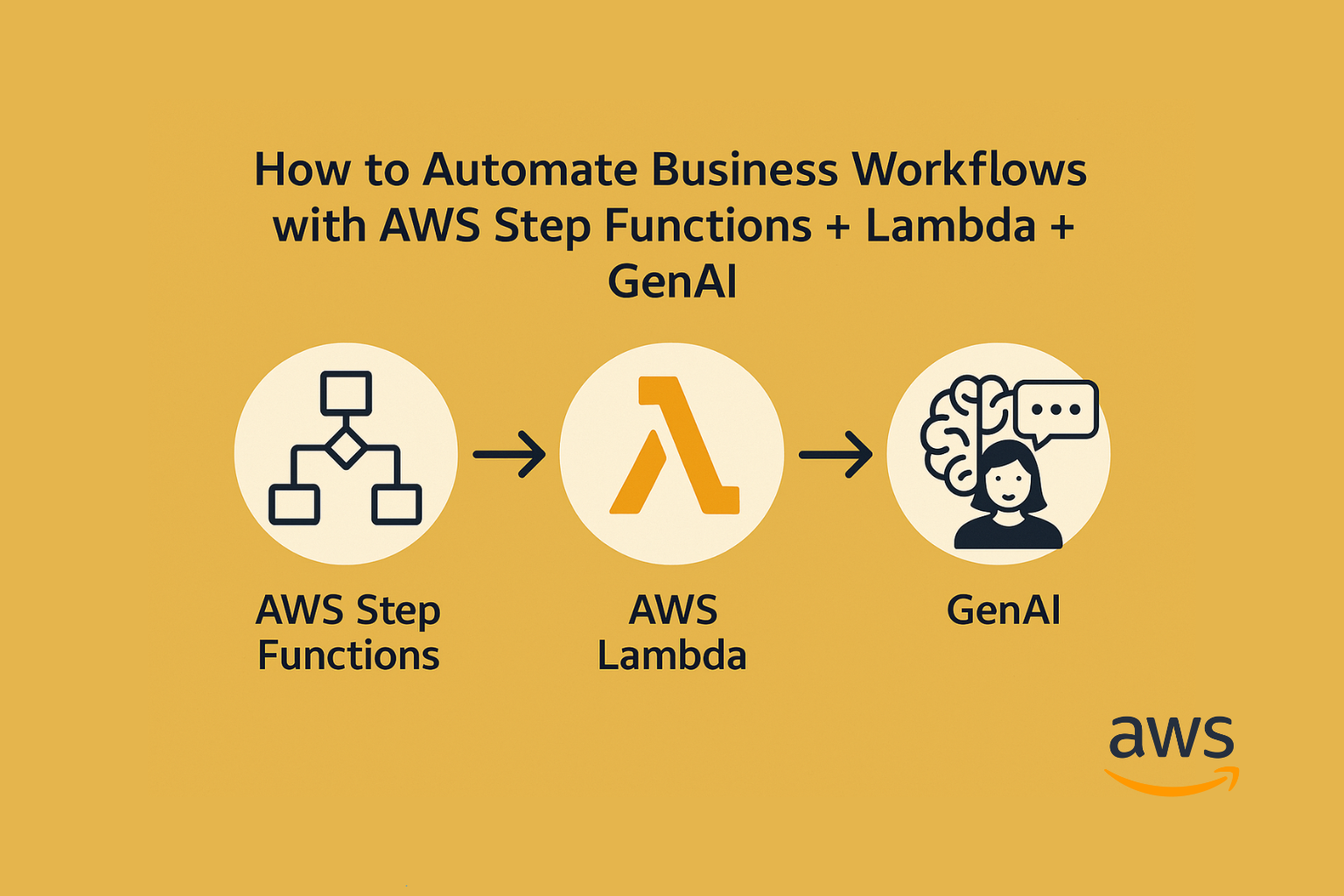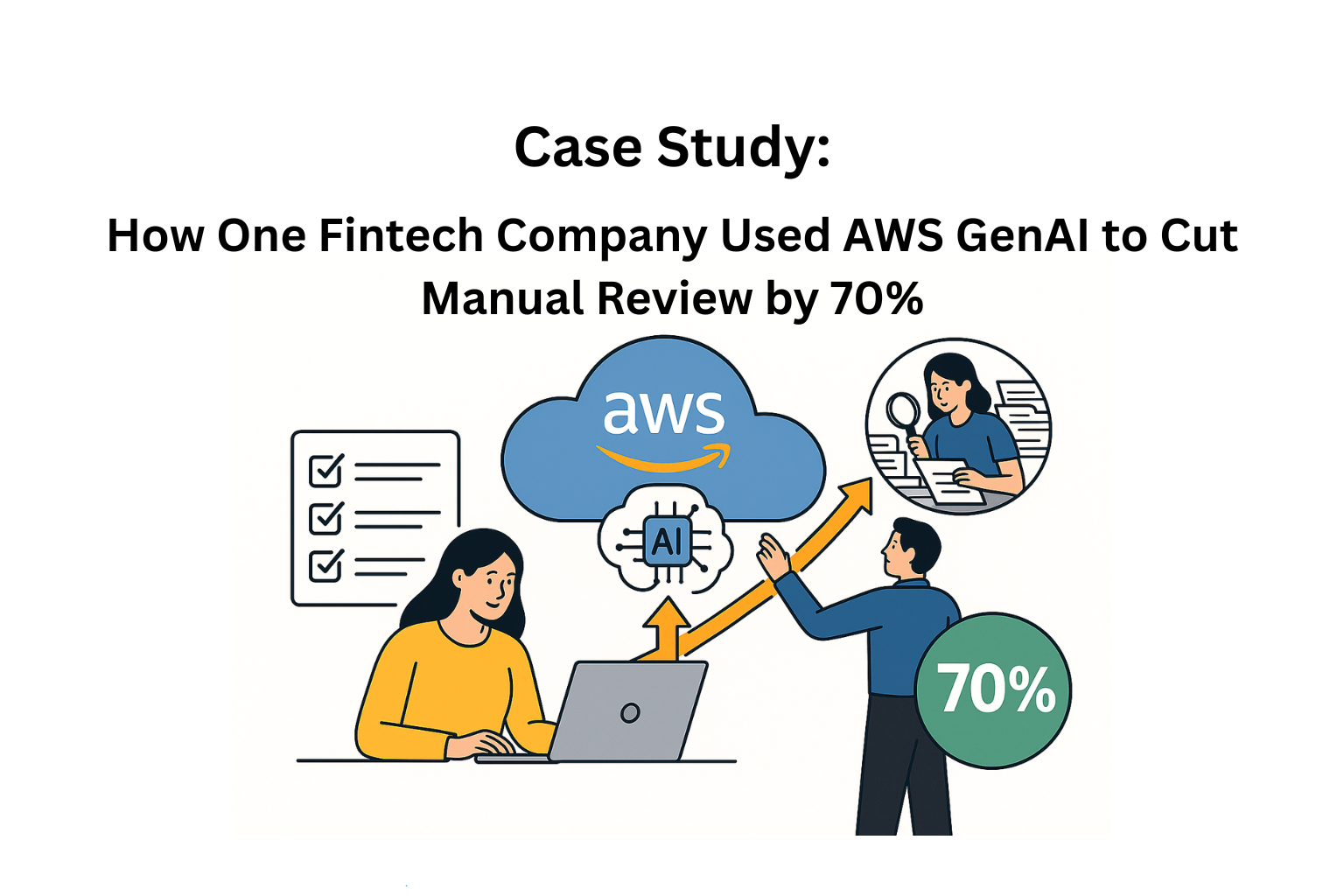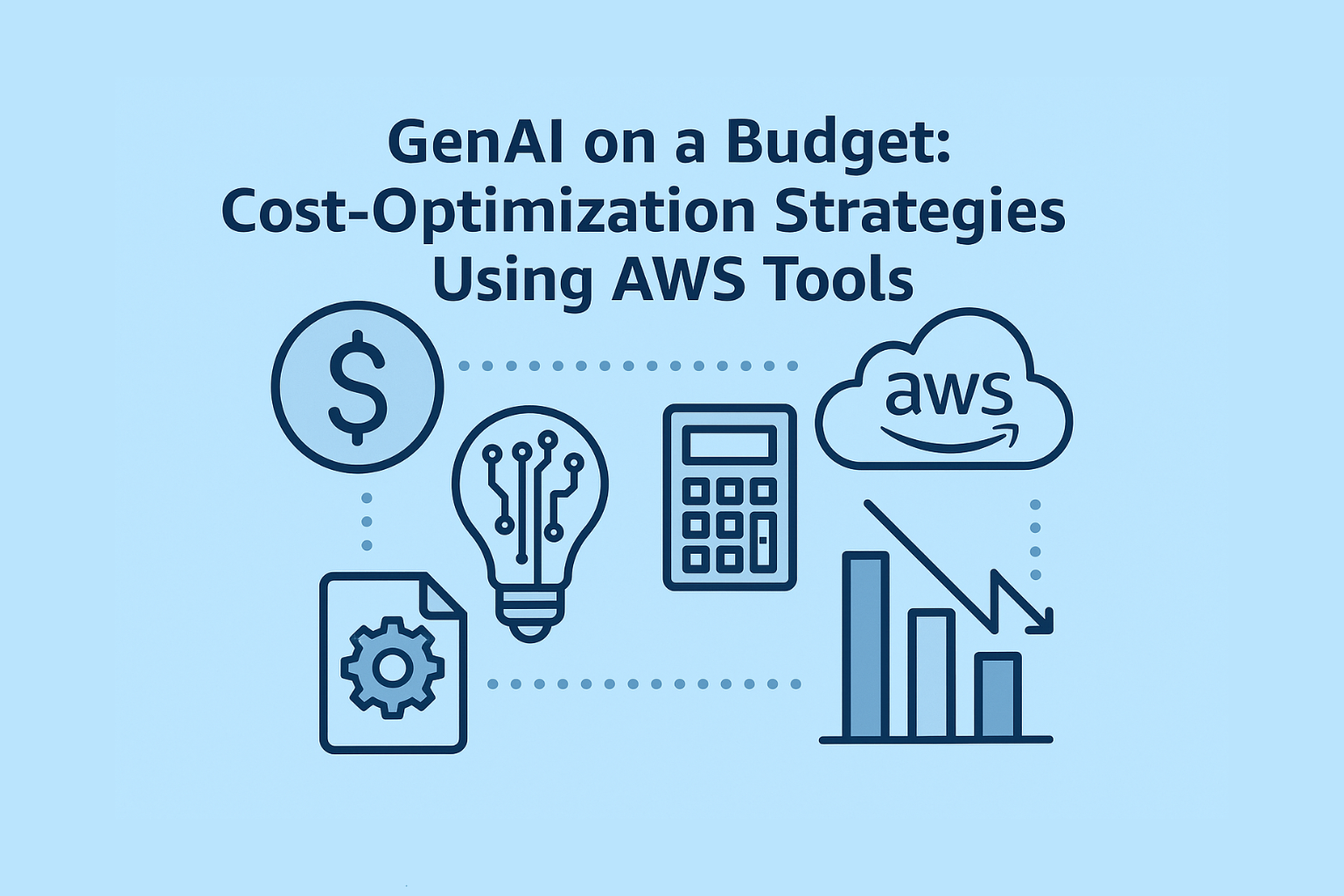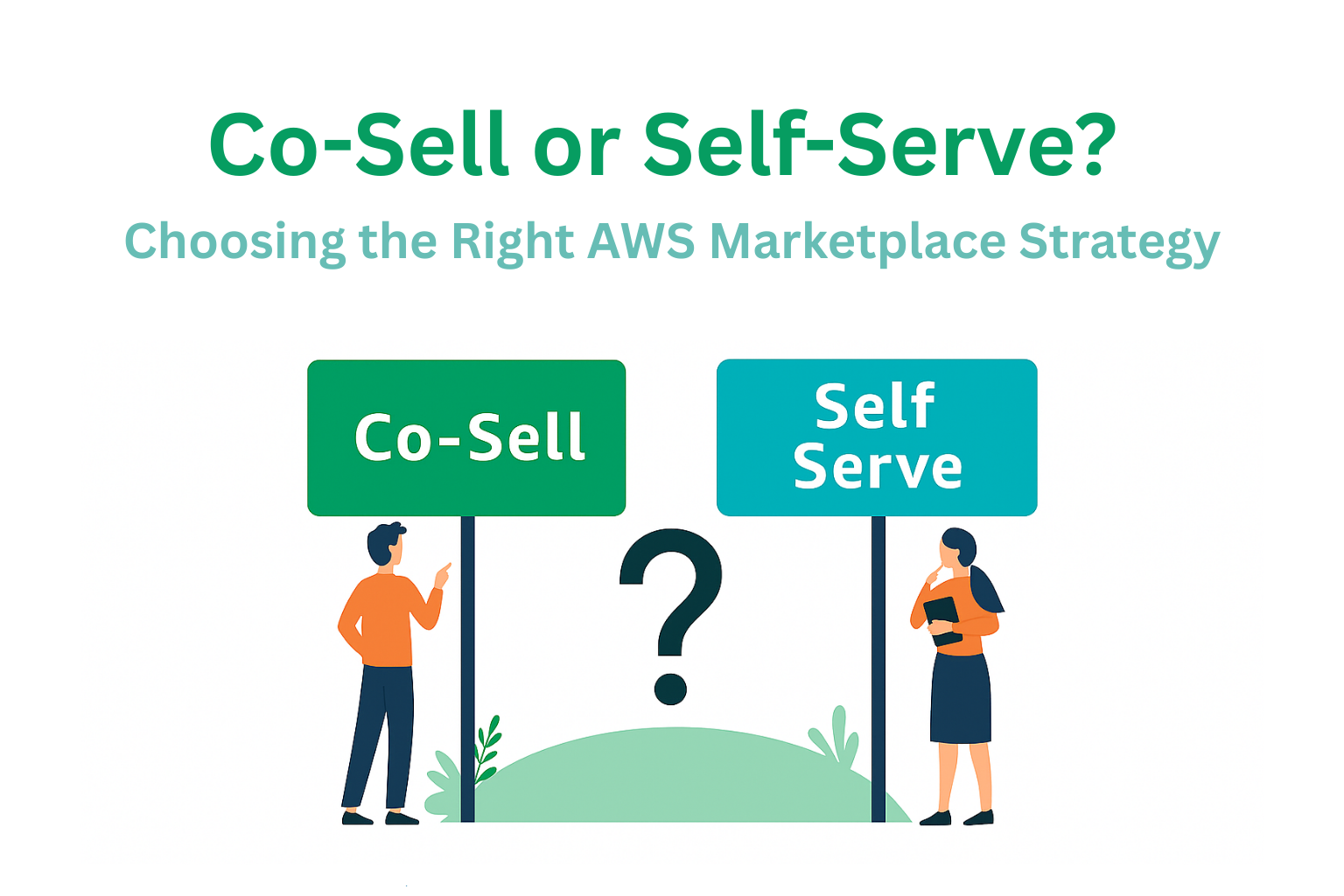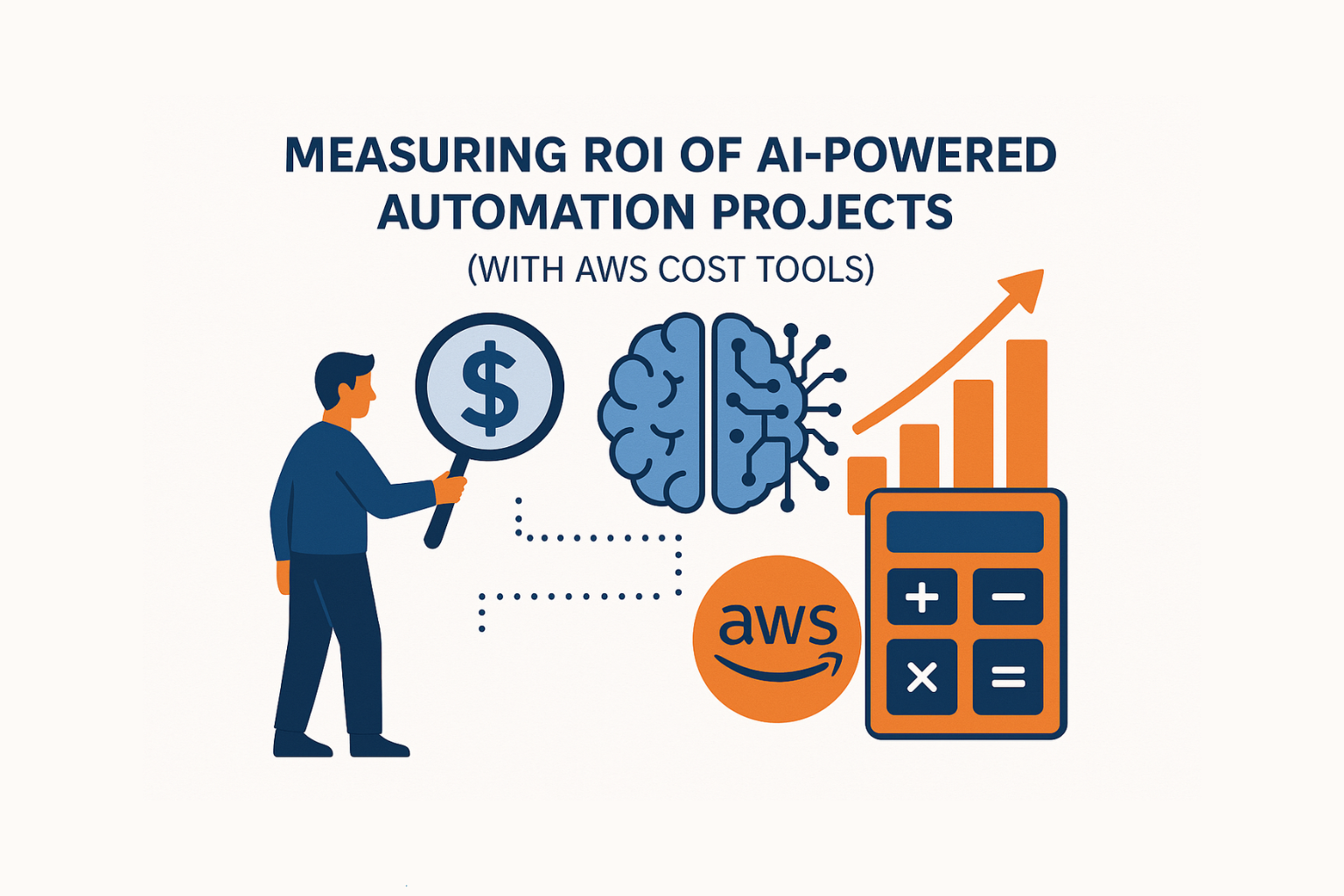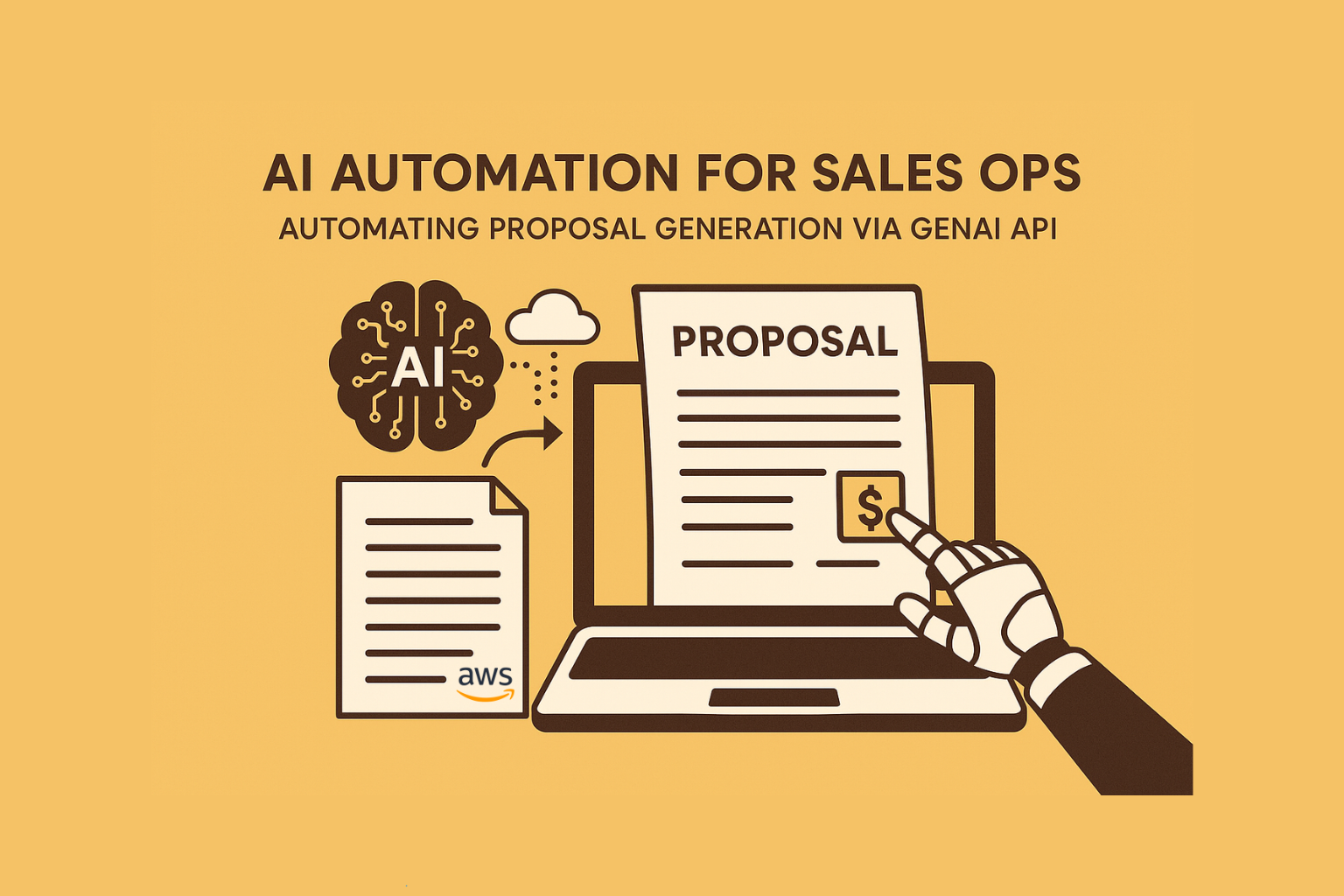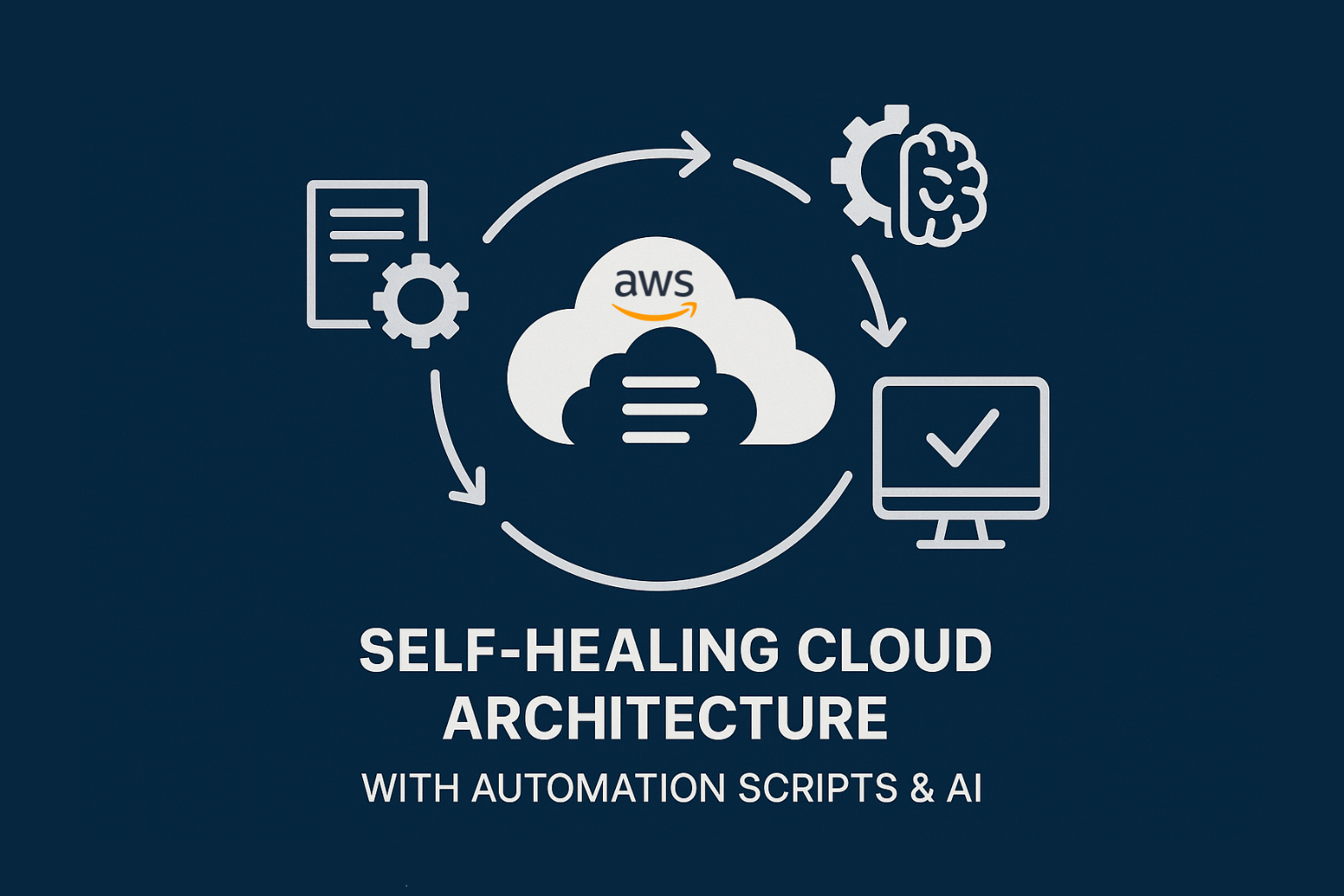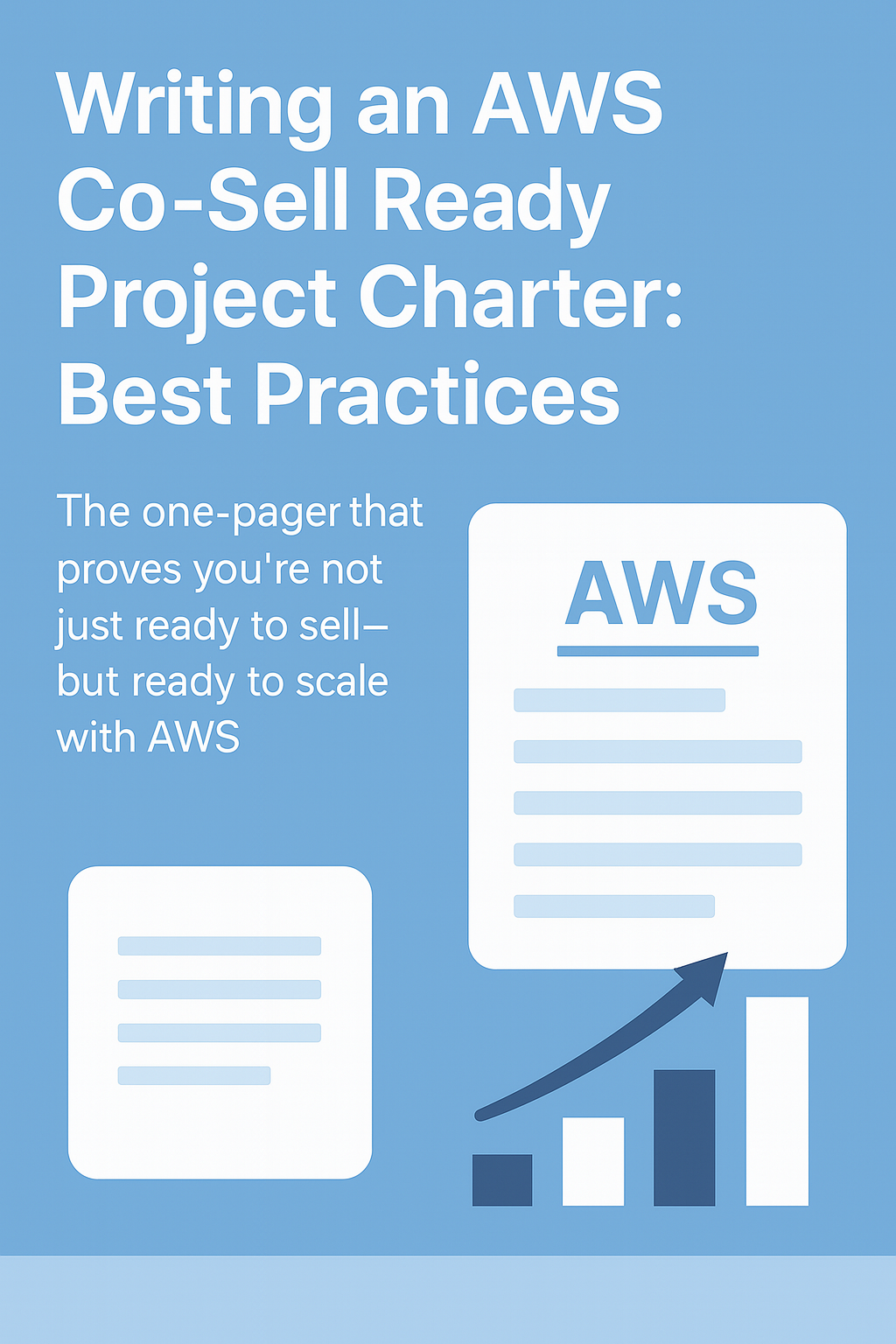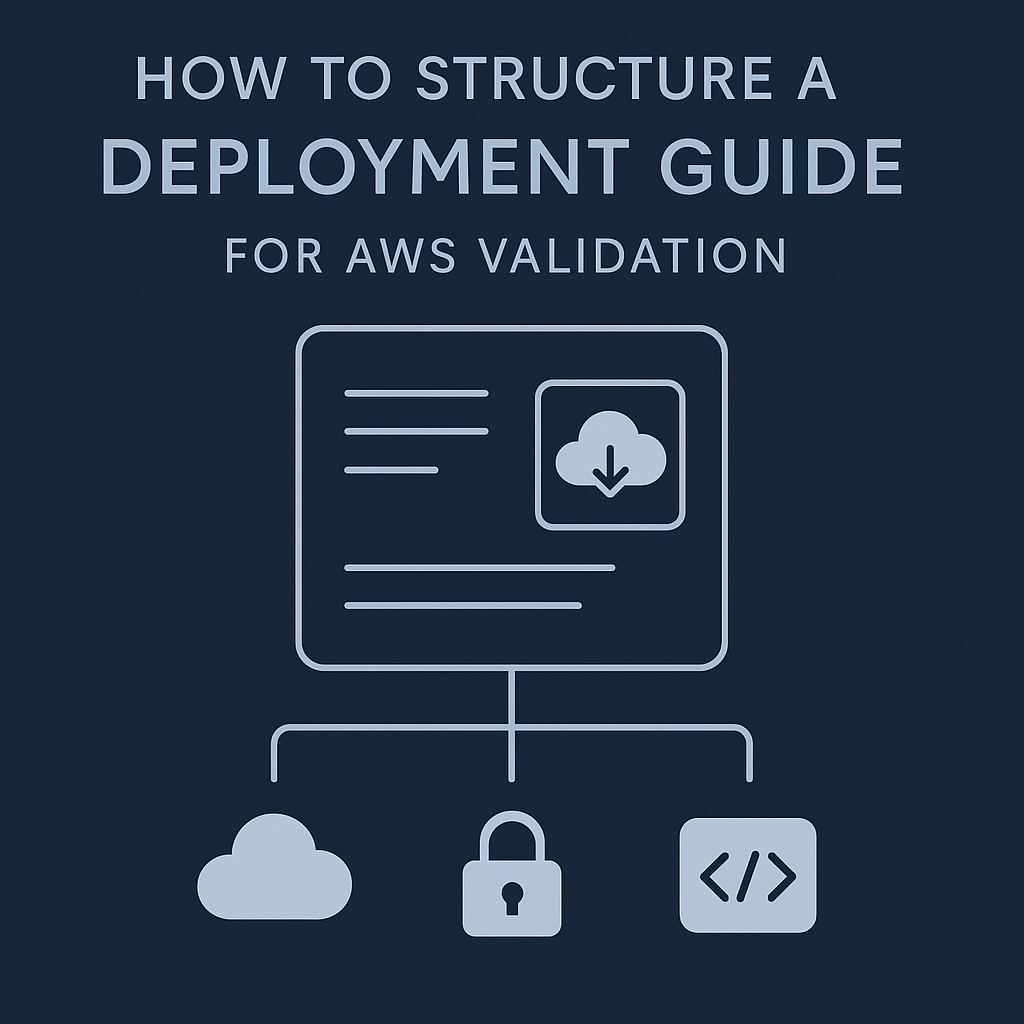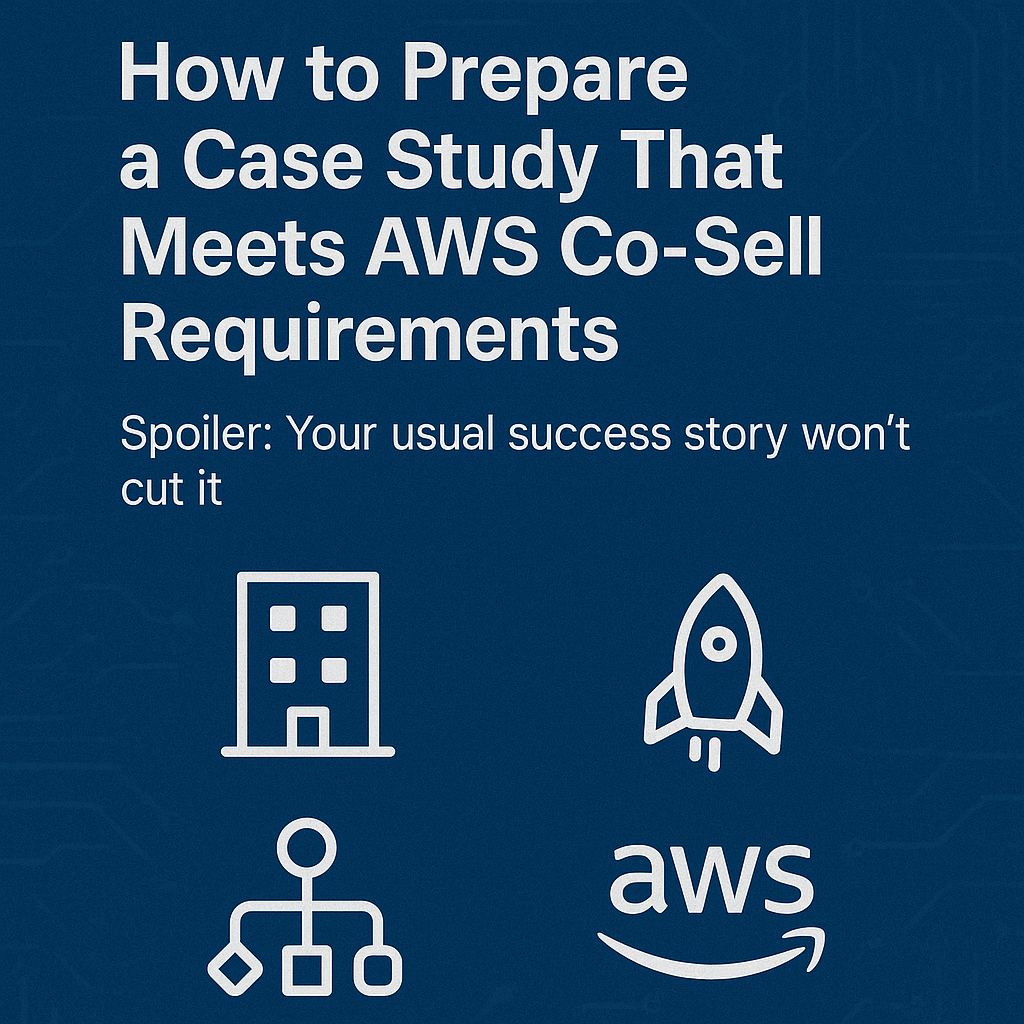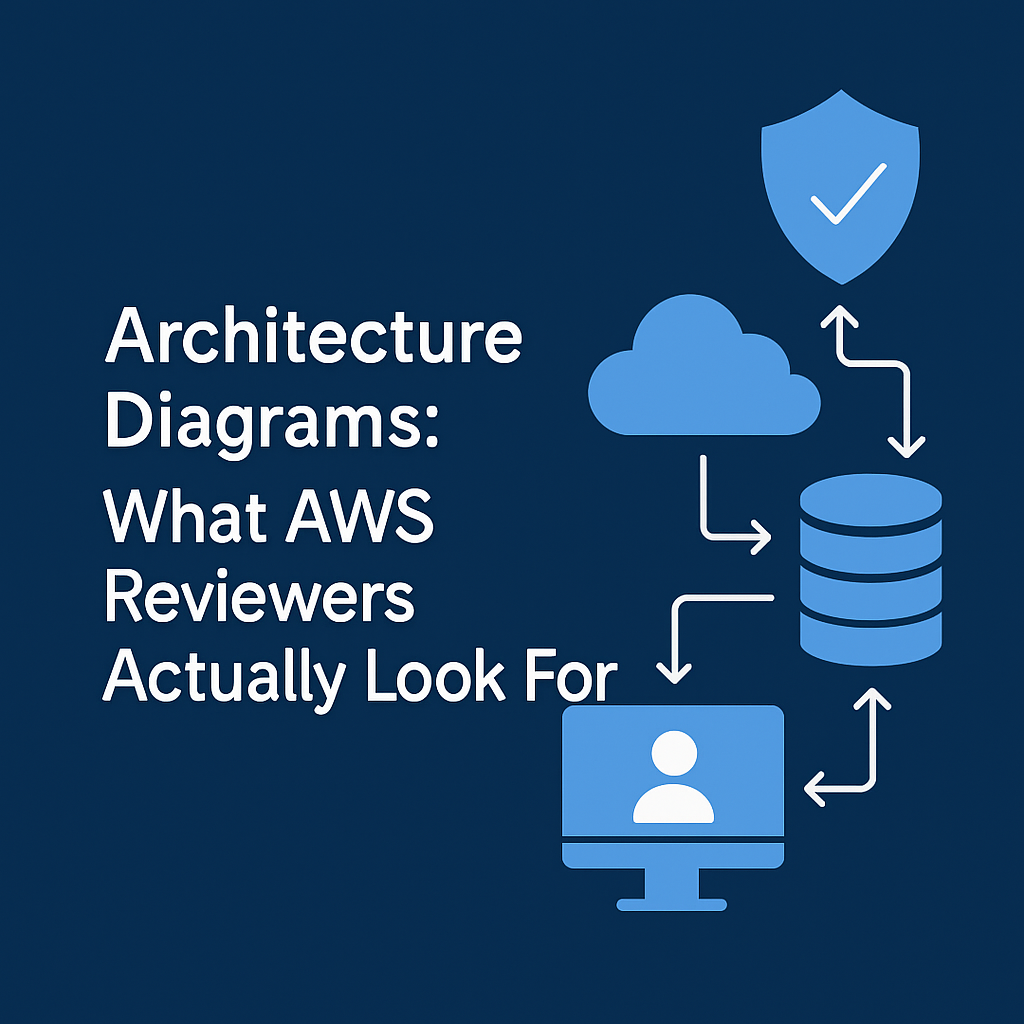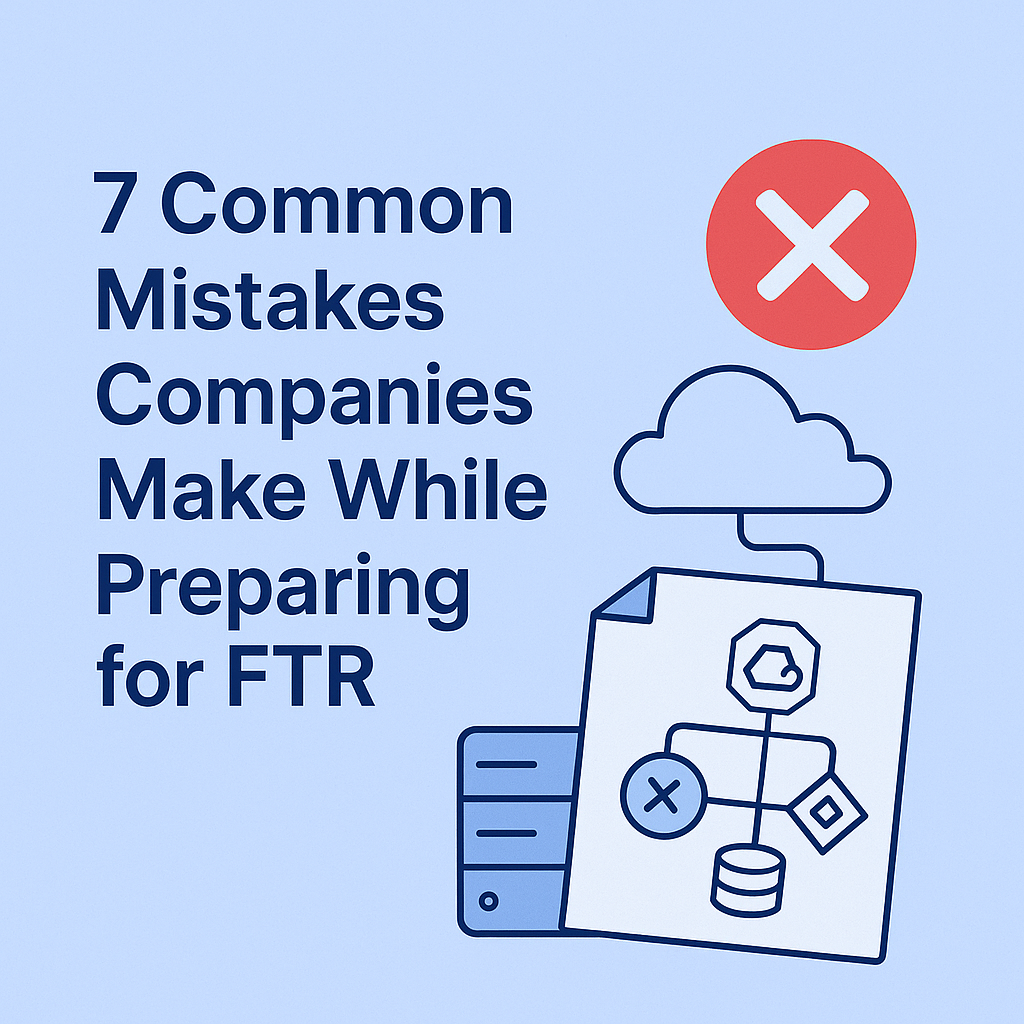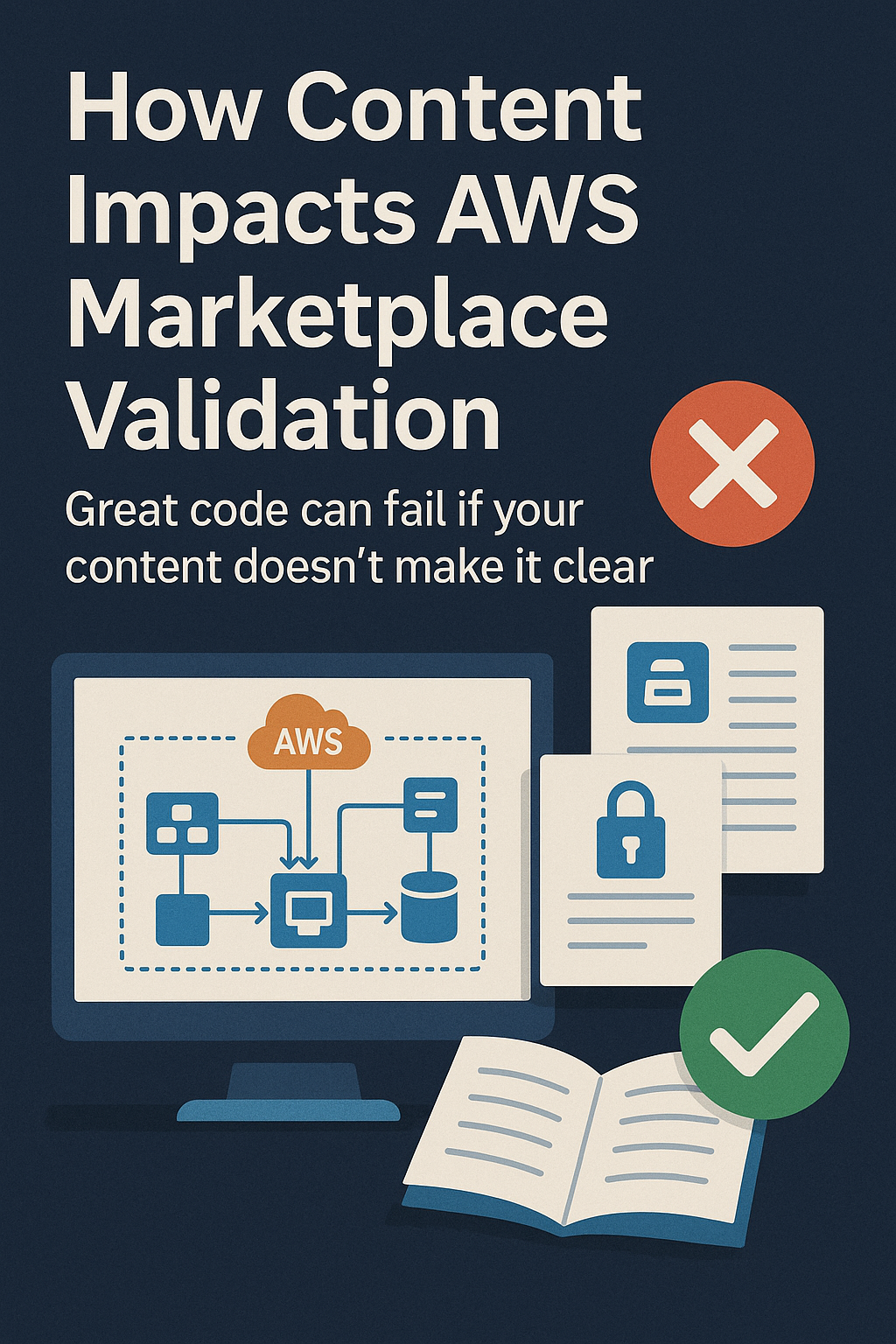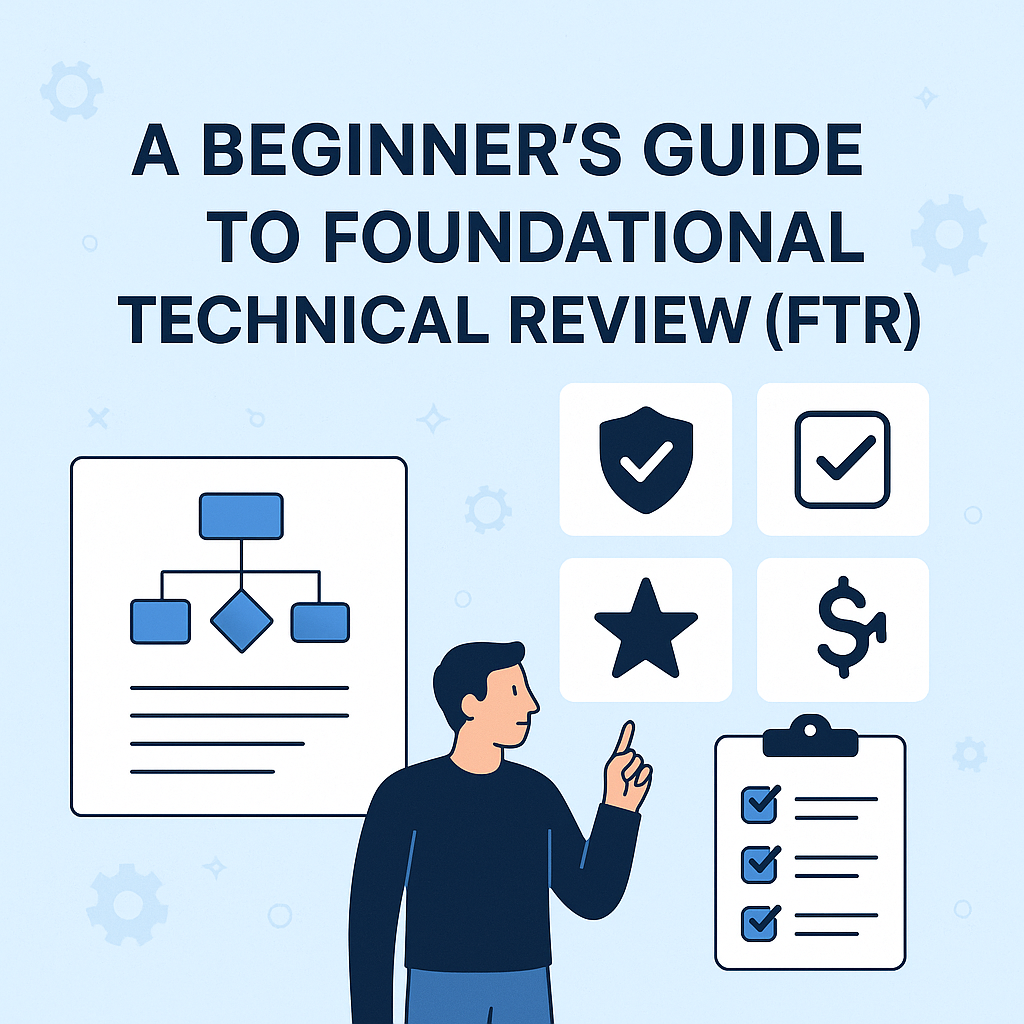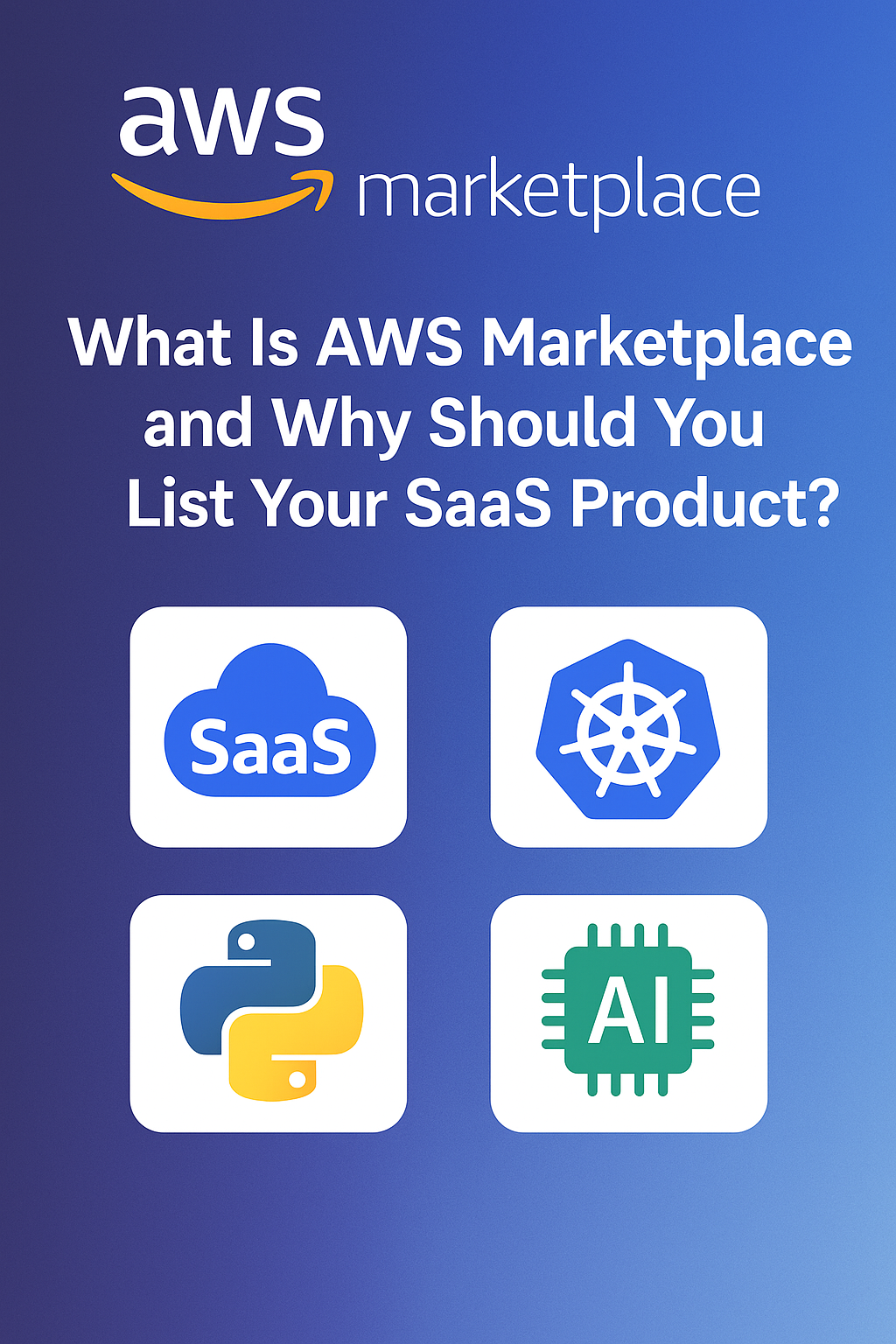Pass your Foundational Technical Review faster by showing up prepared
Introduction
The Foundational Technical Review (FTR) is one of the most critical steps in any AWS Partner journey, whether you’re planning to list on AWS Marketplace, apply for a Competency, or start a Co-Sell motion.
The review isn’t just about your product architecture; it’s about the content you provide to prove that your product is secure, operationally sound, and deployment-ready.
This checklist will help you prepare all the documentation AWS expects to see so you avoid last-minute rework and increase your chances of passing the FTR on the first try.
FTR Documentation Checklist
| Document | Description | Required? |
|---|---|---|
| Architecture Diagram | Clear, labeled diagram showing how your solution runs on AWS | Must-have |
| Deployment Guide | Step-by-step instructions on how to deploy the solution | Must-have |
| Security Overview | Details on IAM roles, encryption, logging, data handling | Must-have |
| Operational Best Practices | Monitoring, scaling, backup, disaster recovery process | Must-have |
| Customer Case Study / Reference | Proof of a real-world deployment with AWS | Strongly recommended |
| Project Charter / Solution Overview | Summary of the product, its value, and AWS integration | Must-have |
| Support Plan Description | How support is offered, escalation paths, and SLAs | Optional but valuable |
| Onboarding/Training Flow | Optional documentation on user experience & training | Optional |
What AWS Reviewers Are Actually Looking For
- Can they understand your architecture at a glance?
→ Use AWS service icons, label data flows, show where security boundaries exist. - Can a partner or customer deploy your solution without guessing?
→ Avoid vague documentation. Include pre-reqs, commands, screenshots, etc. - Is your security posture aligned with AWS best practices?
→ Include encryption standards, IAM policies, compliance frameworks used. - Is the solution production-ready, with ops in place?
→ Describe how issues are tracked, monitored, and recovered from. - Have you successfully deployed it for a real customer?
→ Real case studies improve trust even better if they include industry alignment.
Bonus Tips
- Keep documents modular, so you can reuse them for Marketplace, Co-Sell, and Competency
- Include metrics or visual diagrams wherever possible
- Consider bundling your documents into a PDF with a clickable table of contents
- Plan at least 2 weeks of prep time before submission to fix gaps
Recommended Tools for Document Creation
- Lucidchart / draw.io – for diagrams
- Markdown / Google Docs – for technical writing
- PDF Studio / Canva – to package into branded, professional docs
- AWS Well-Architected Tool – to align your security + ops content
Conclusion
Passing the FTR is about proving readiness, not perfection.
And readiness comes down to documentation that’s clear, complete, and credible.
This checklist is your shortcut to that readiness. Use it. Reuse it. And if you need help building any part of it, we’re here.
Want us to build your FTR docs for you – fast?
Contact us for more details.
